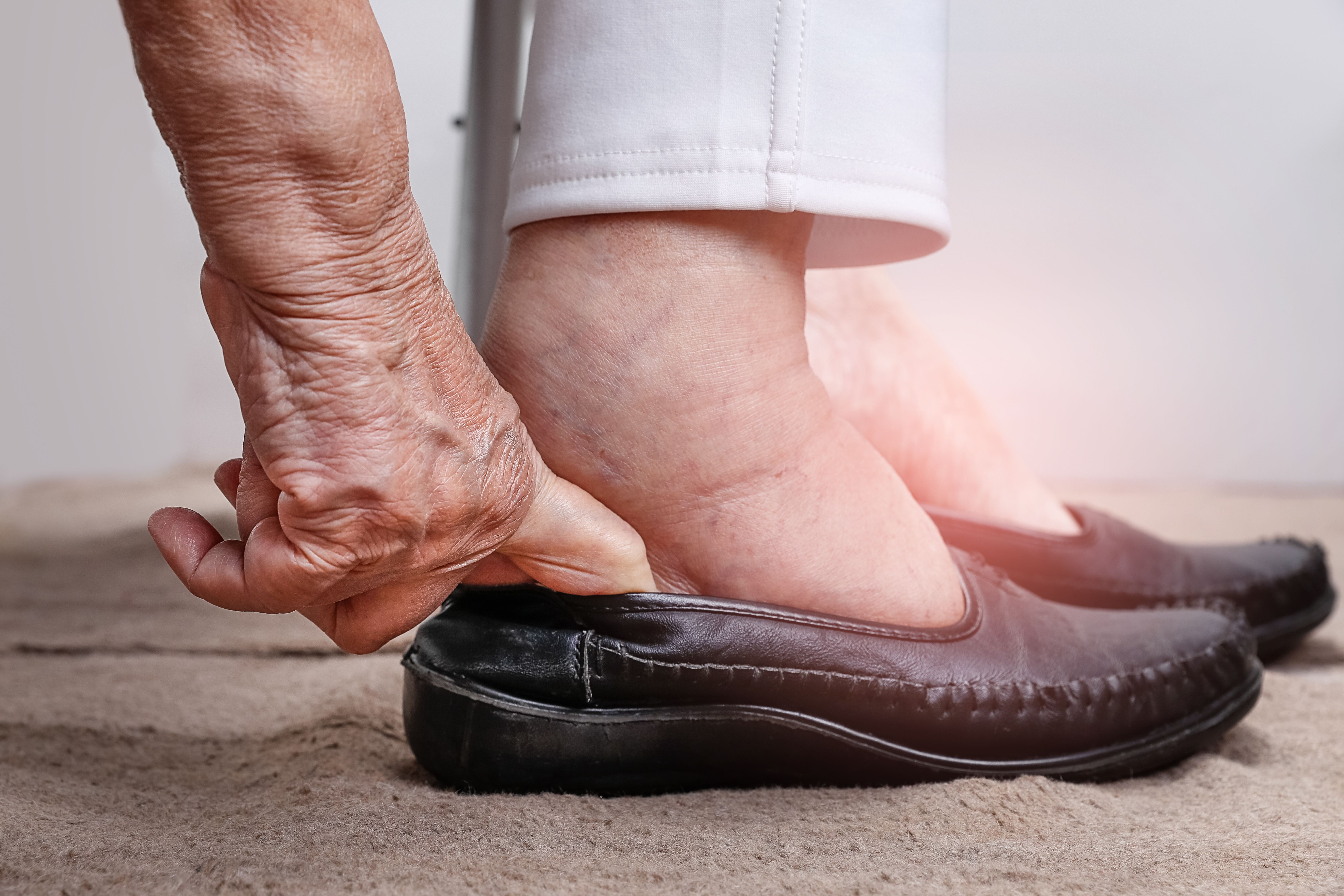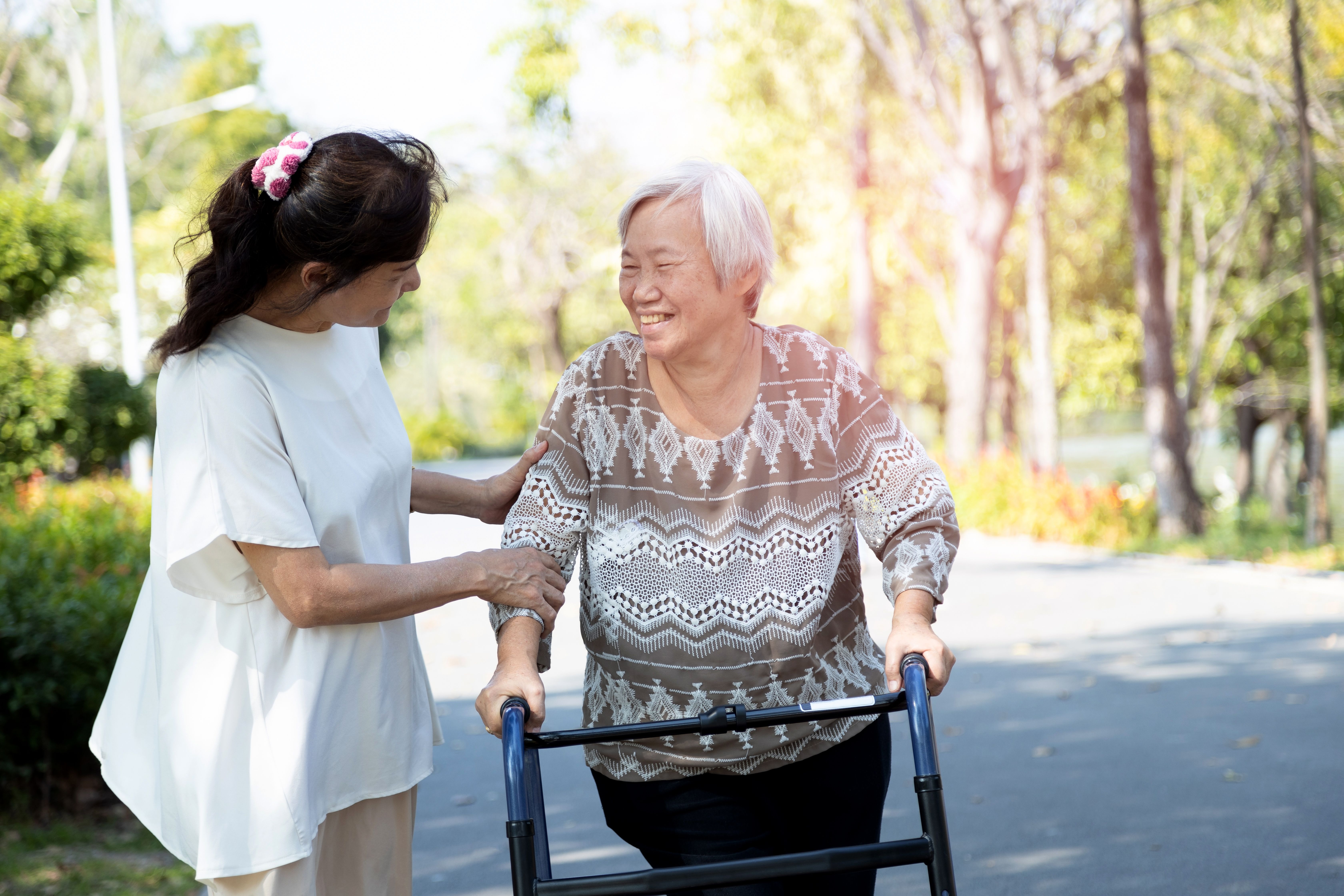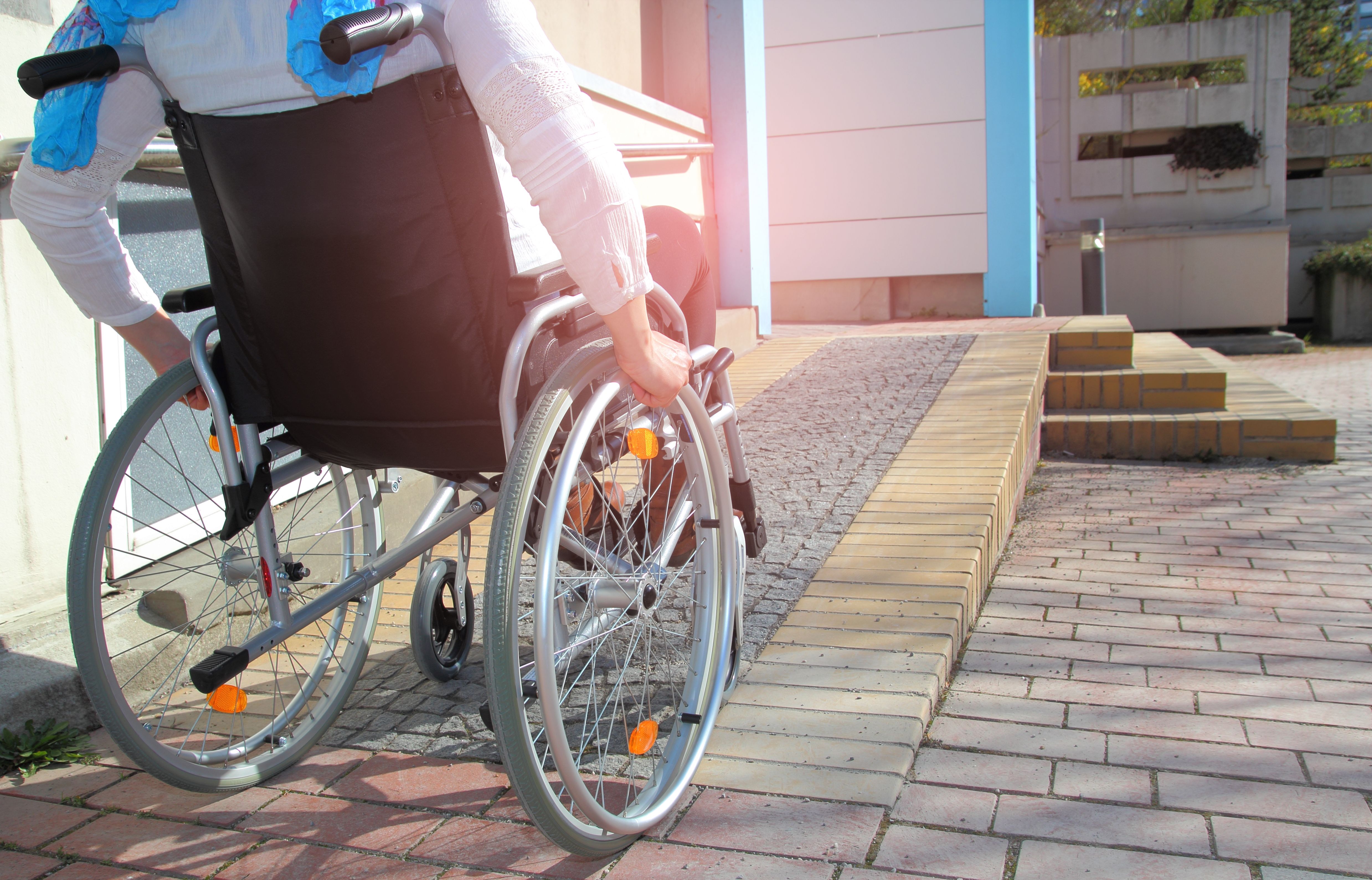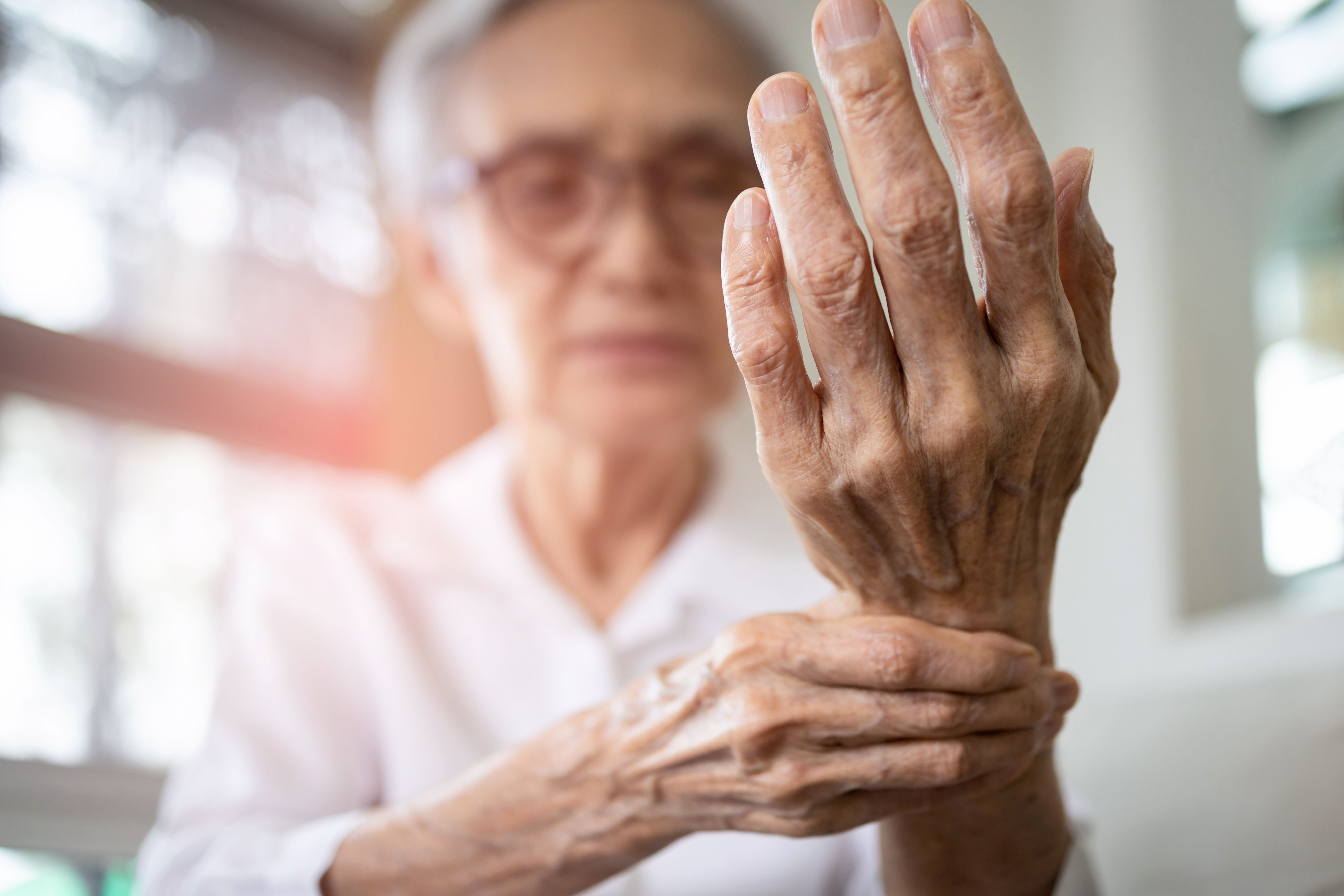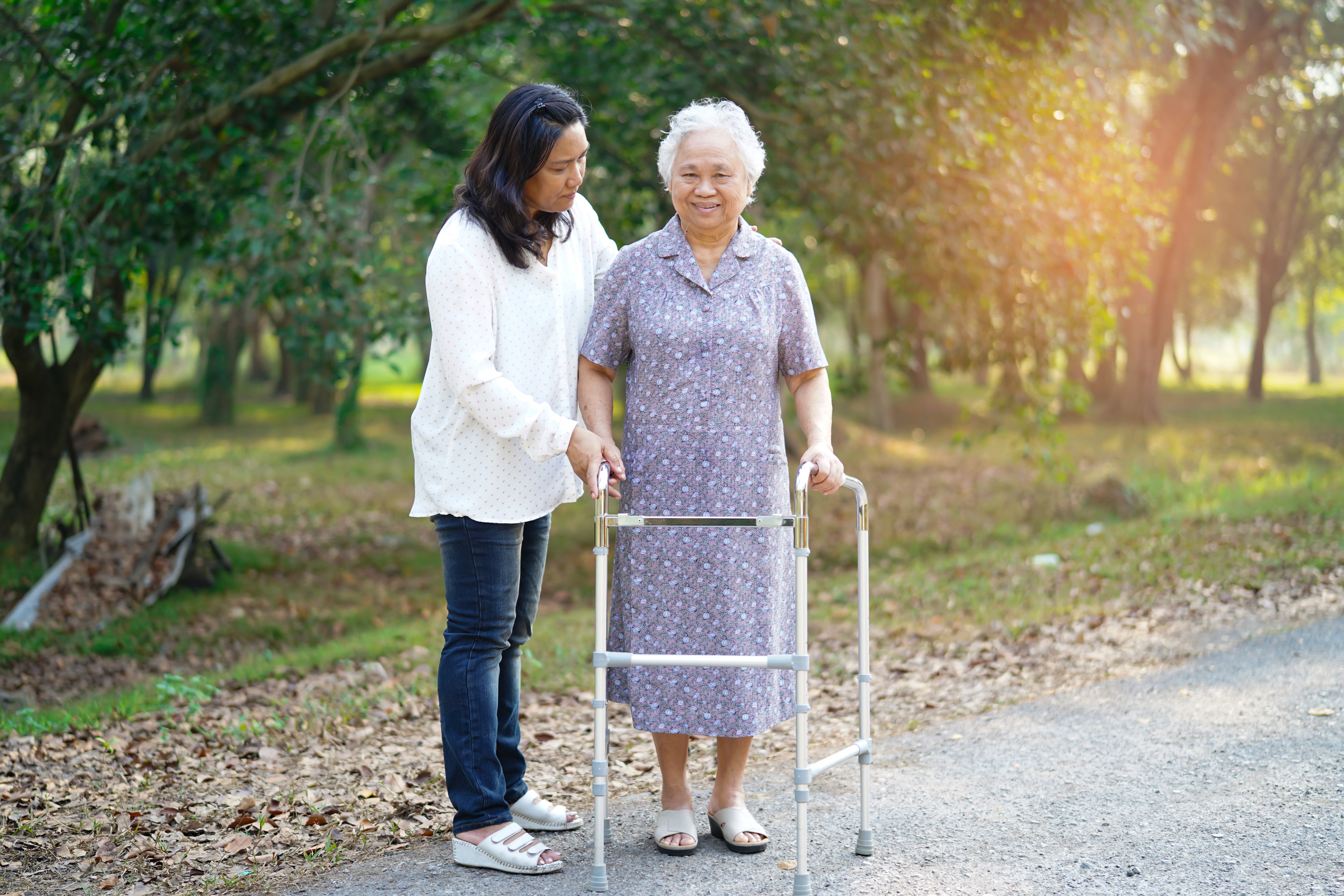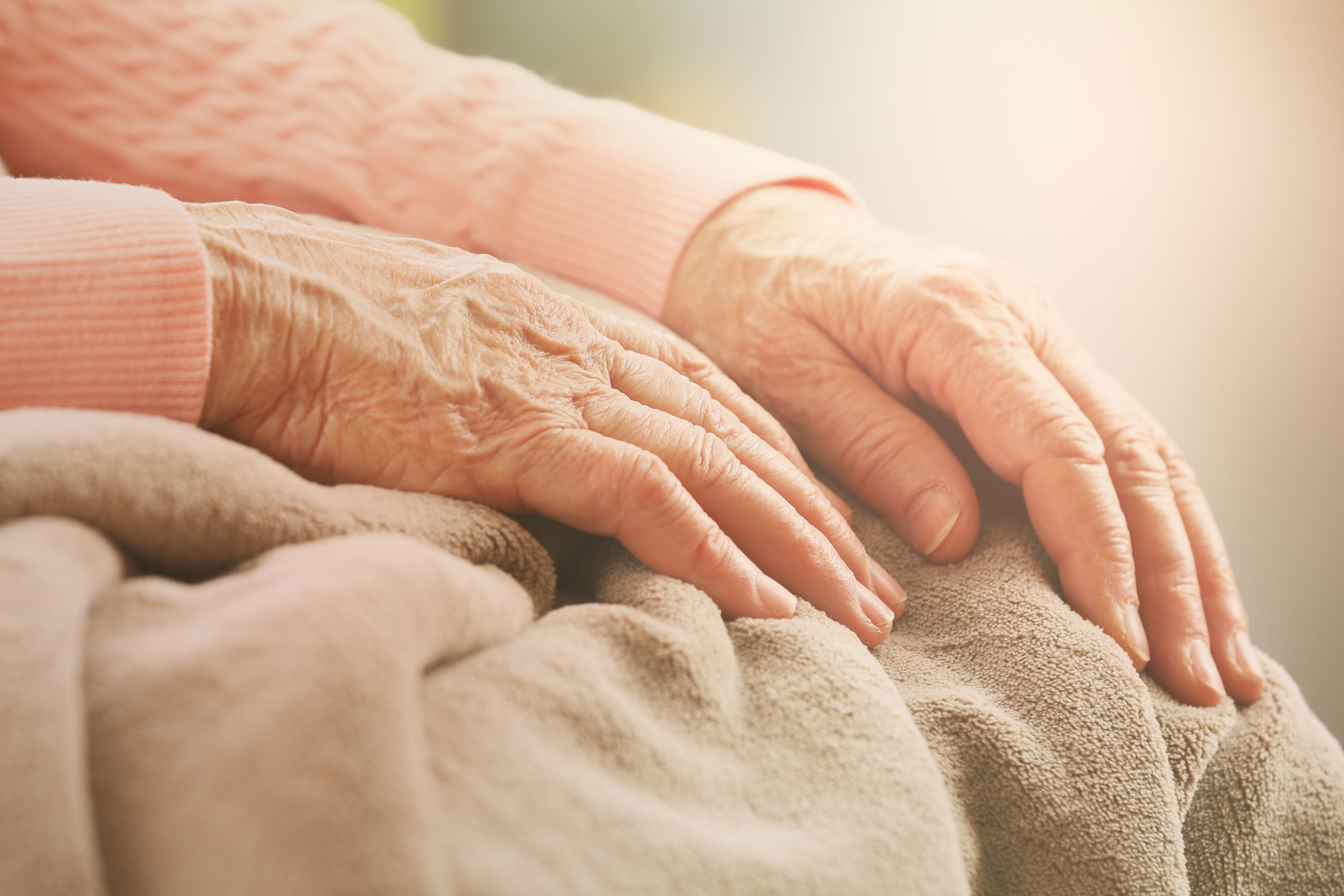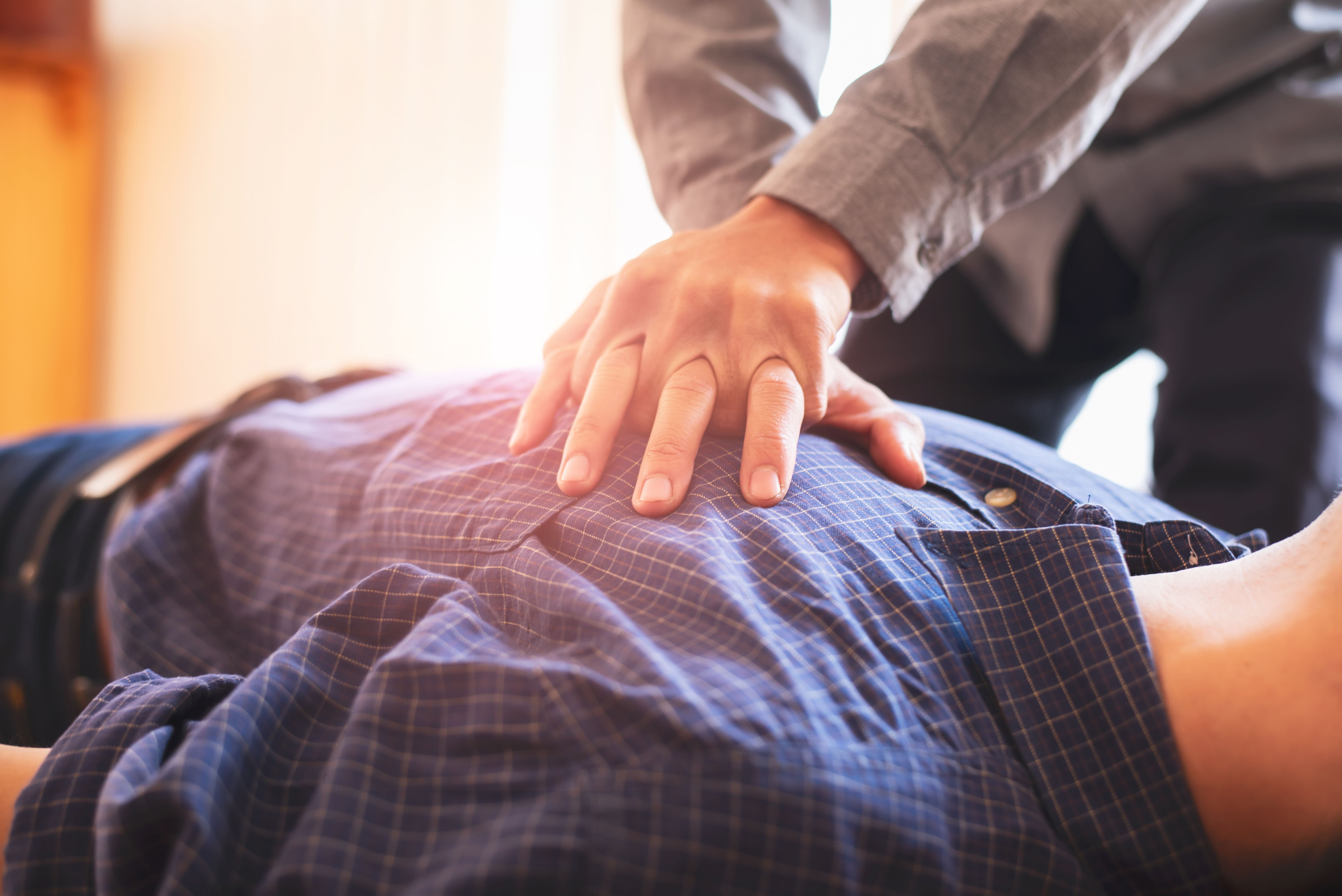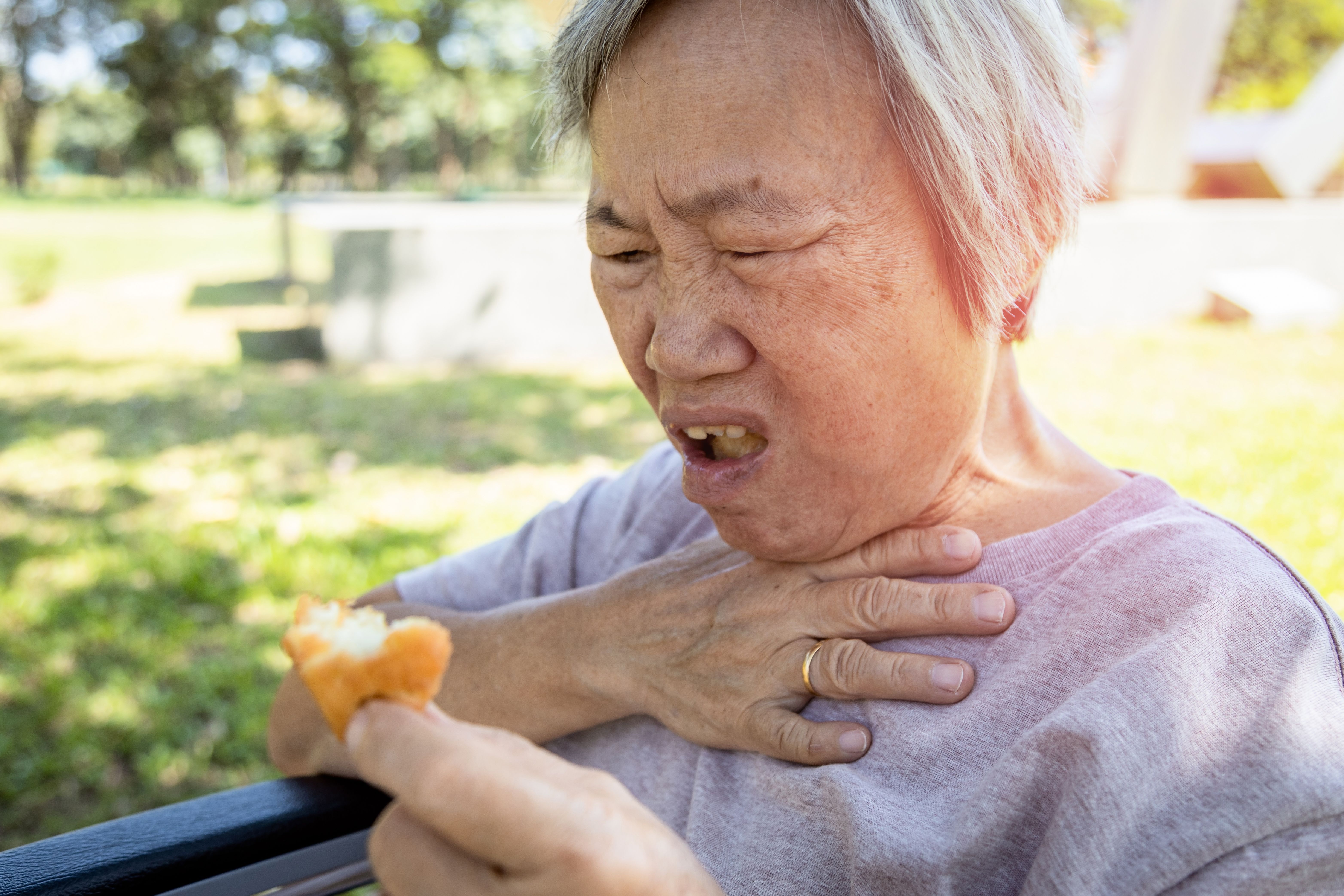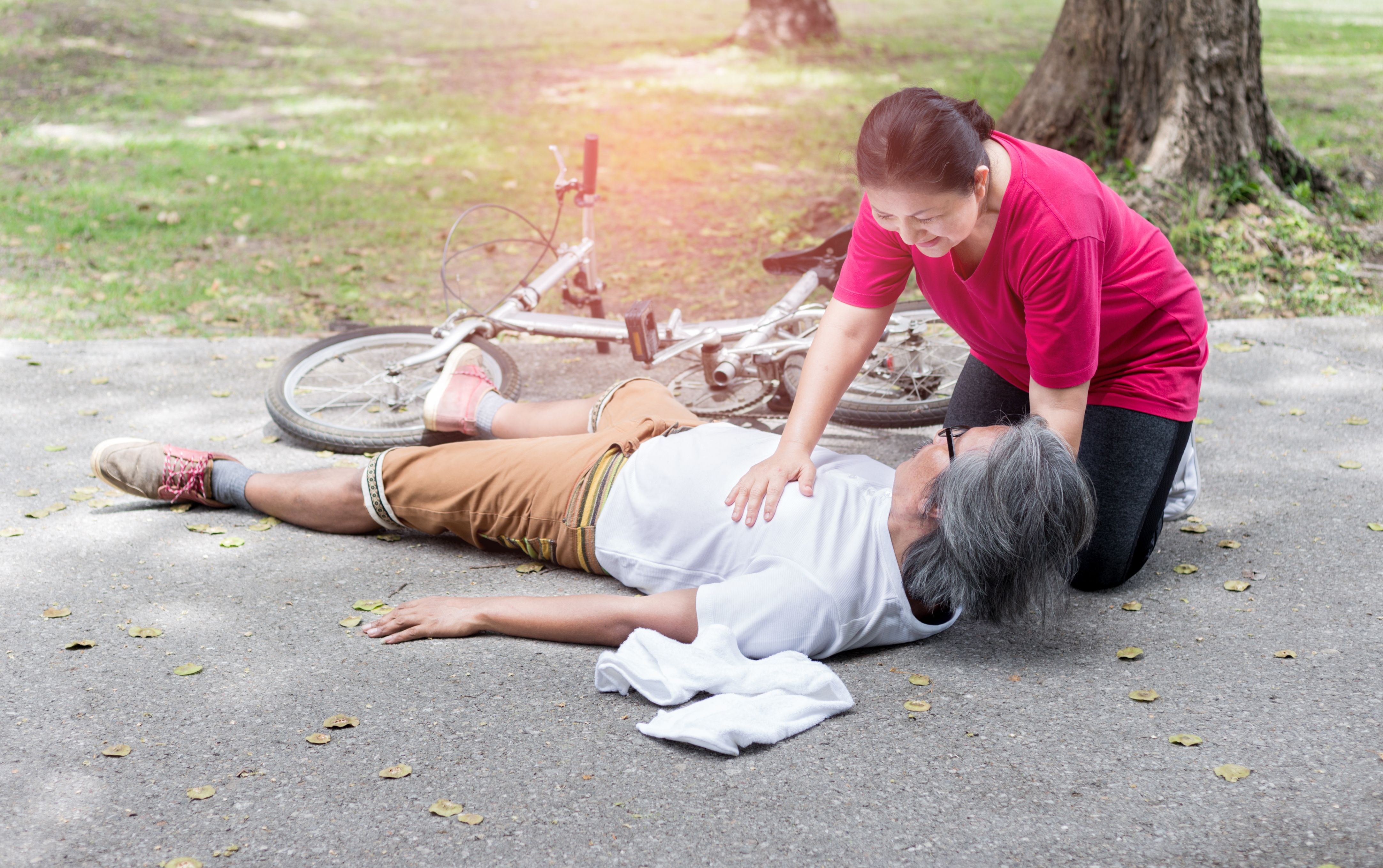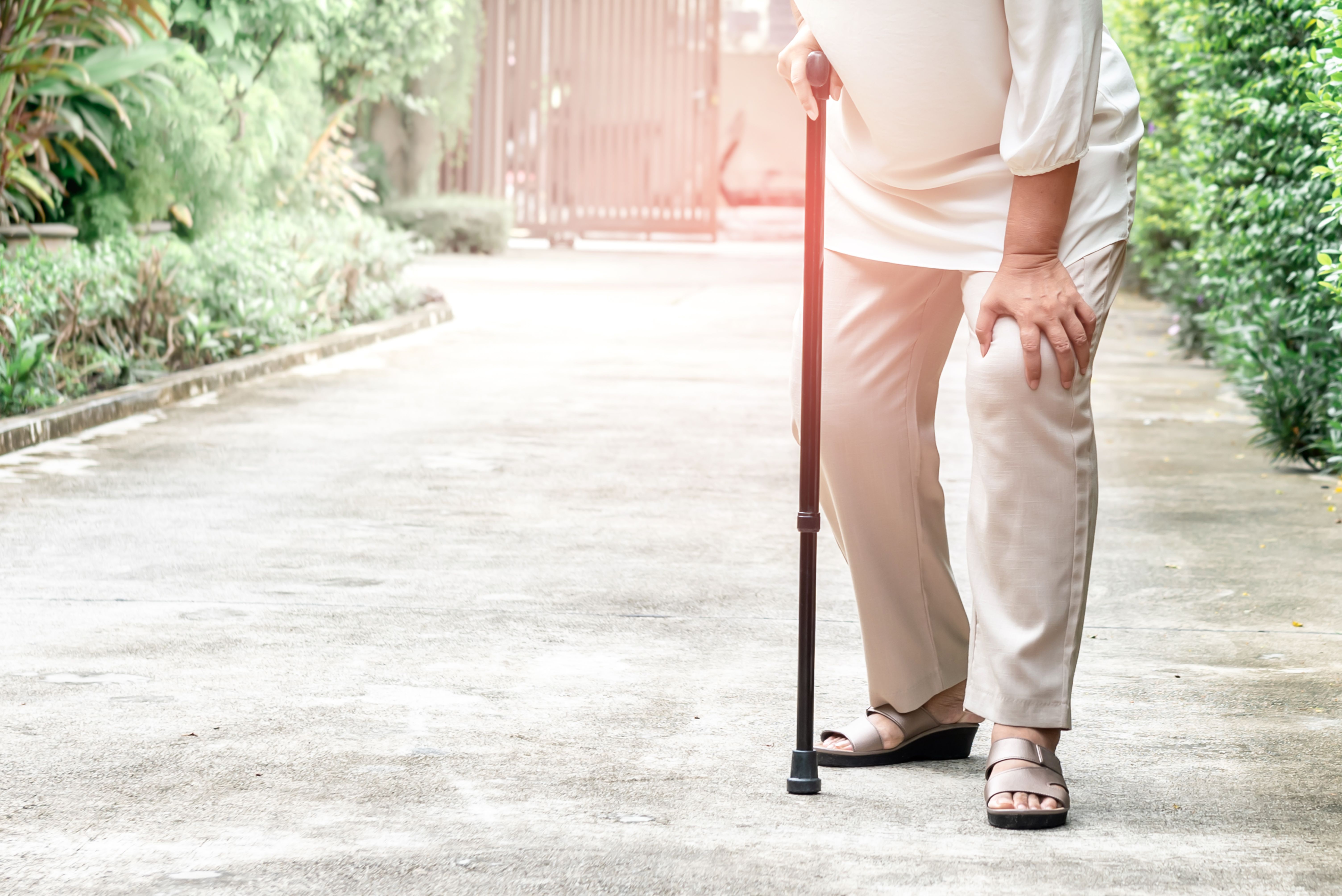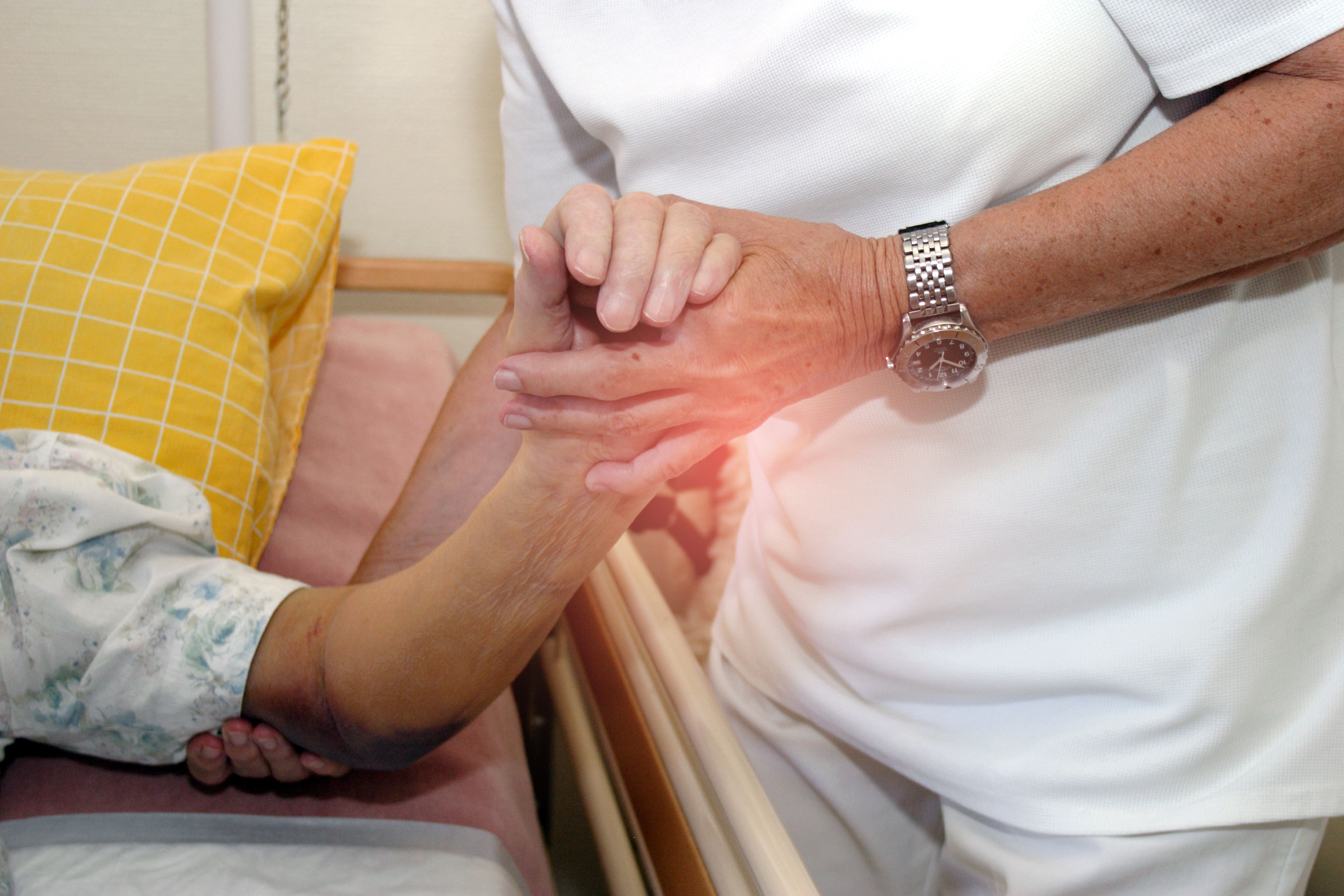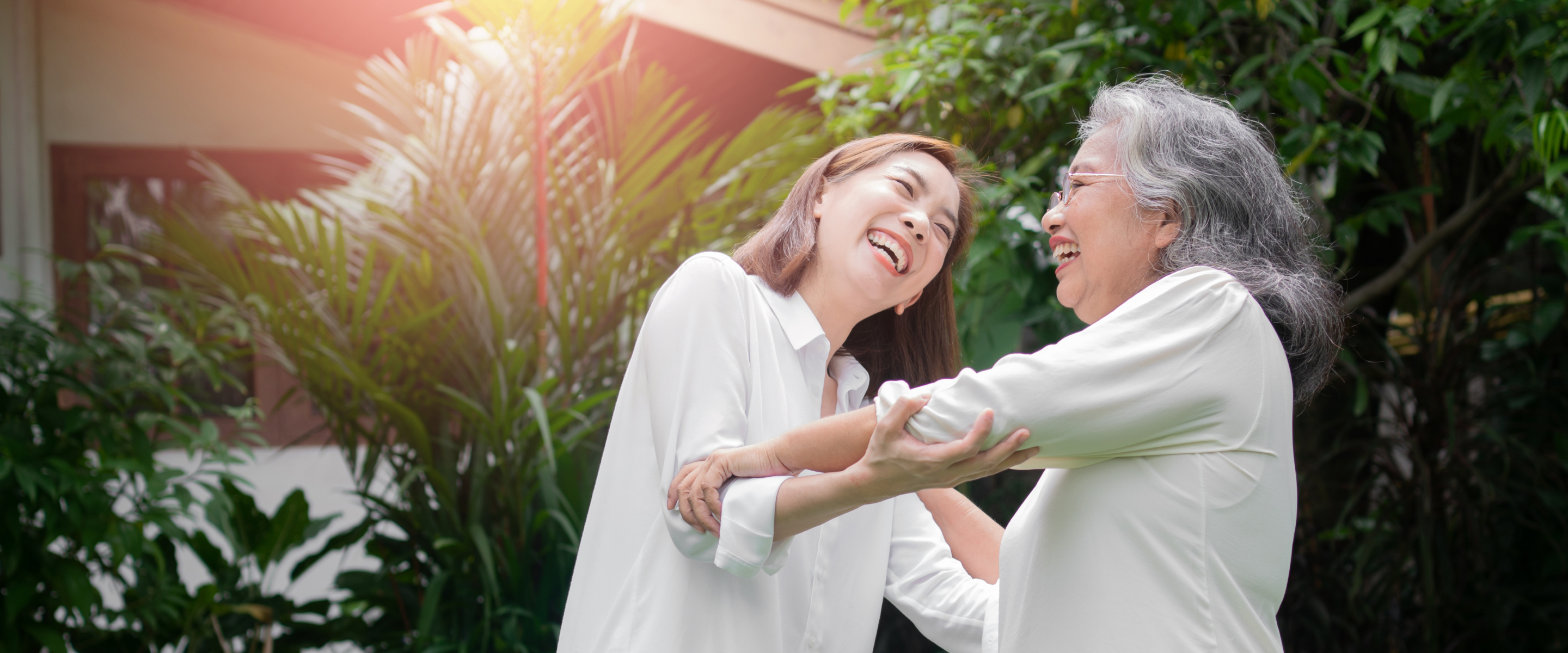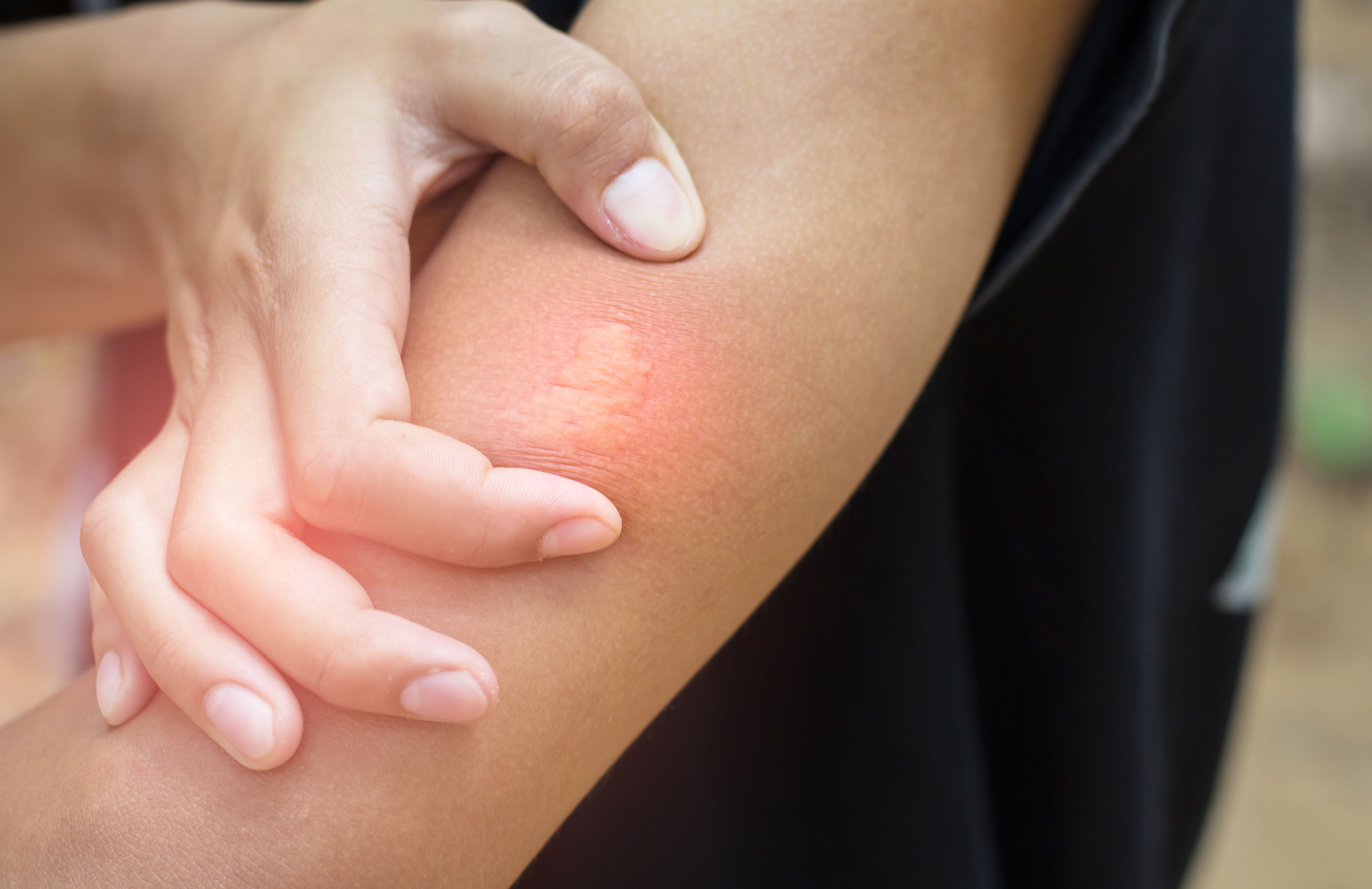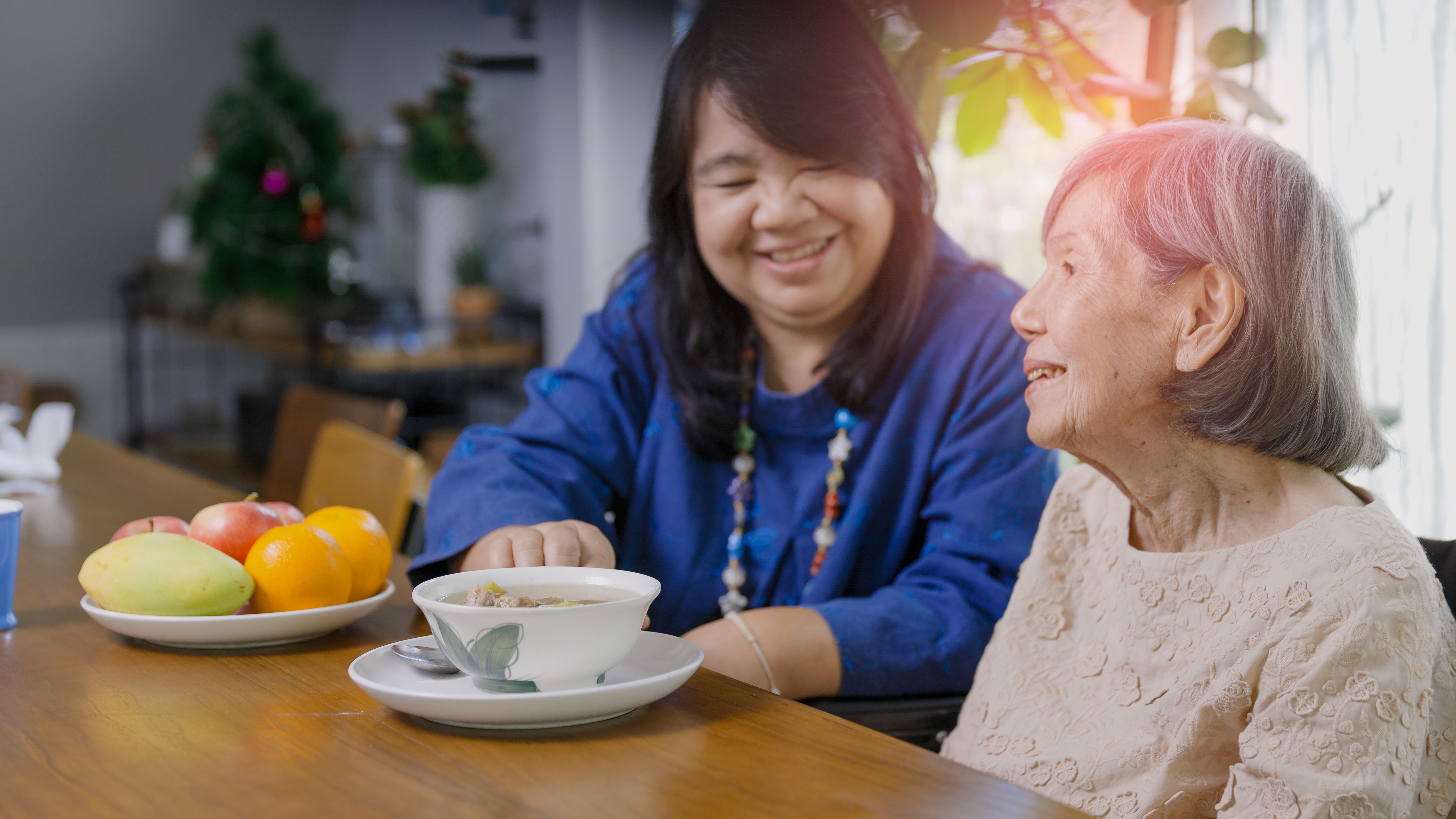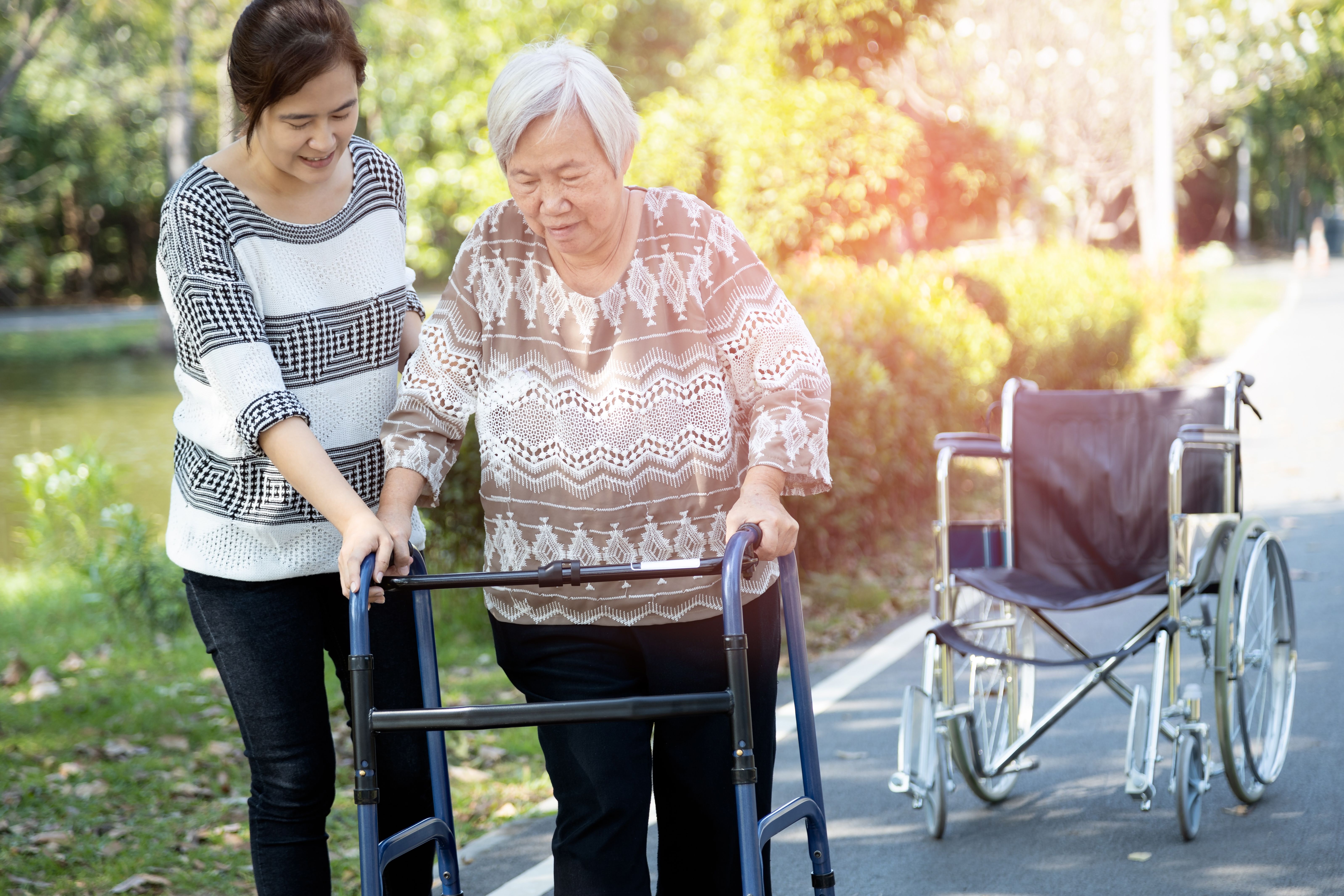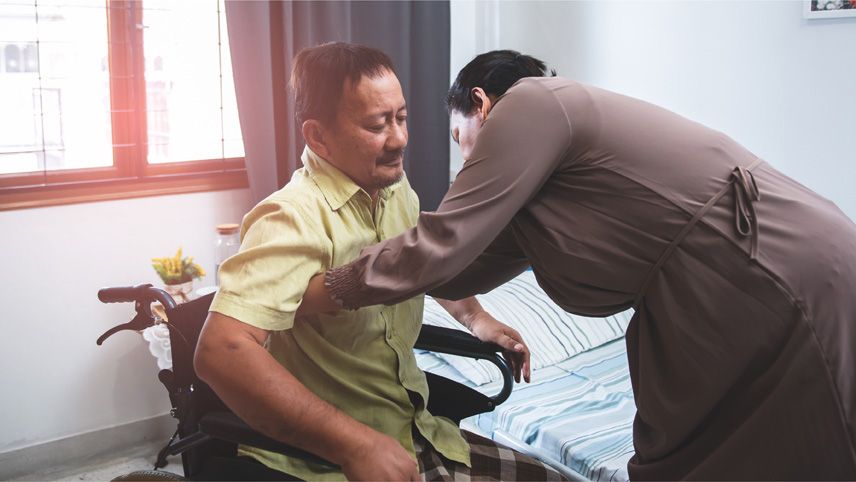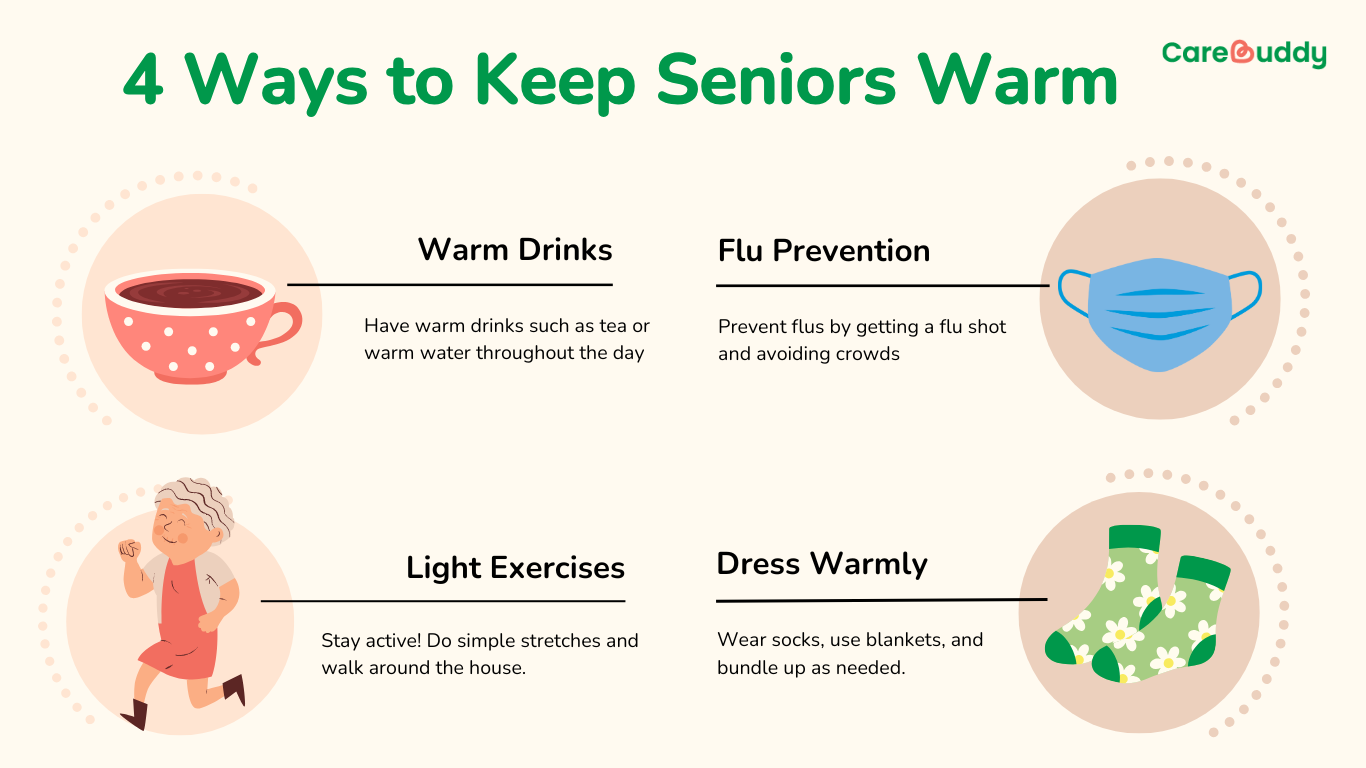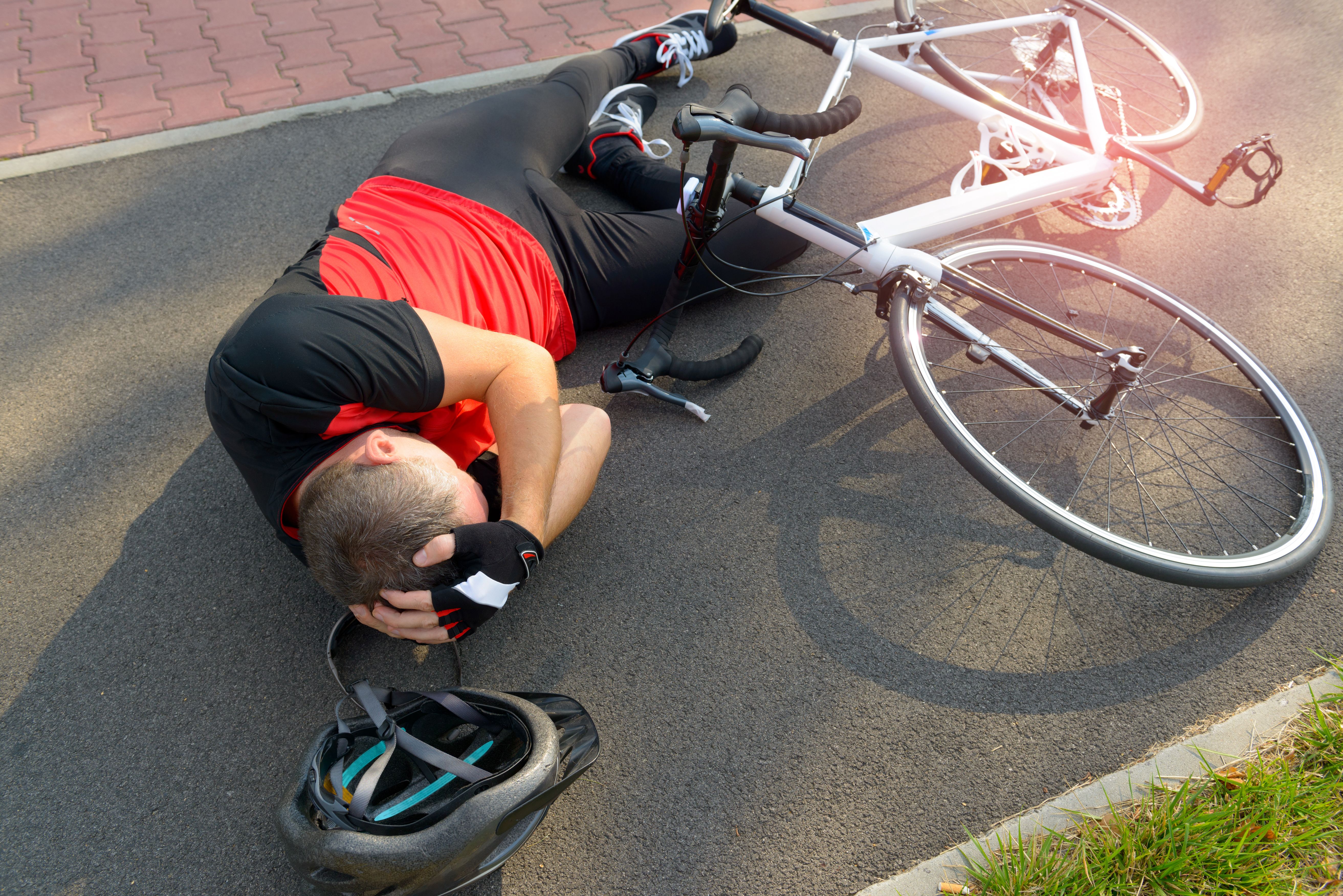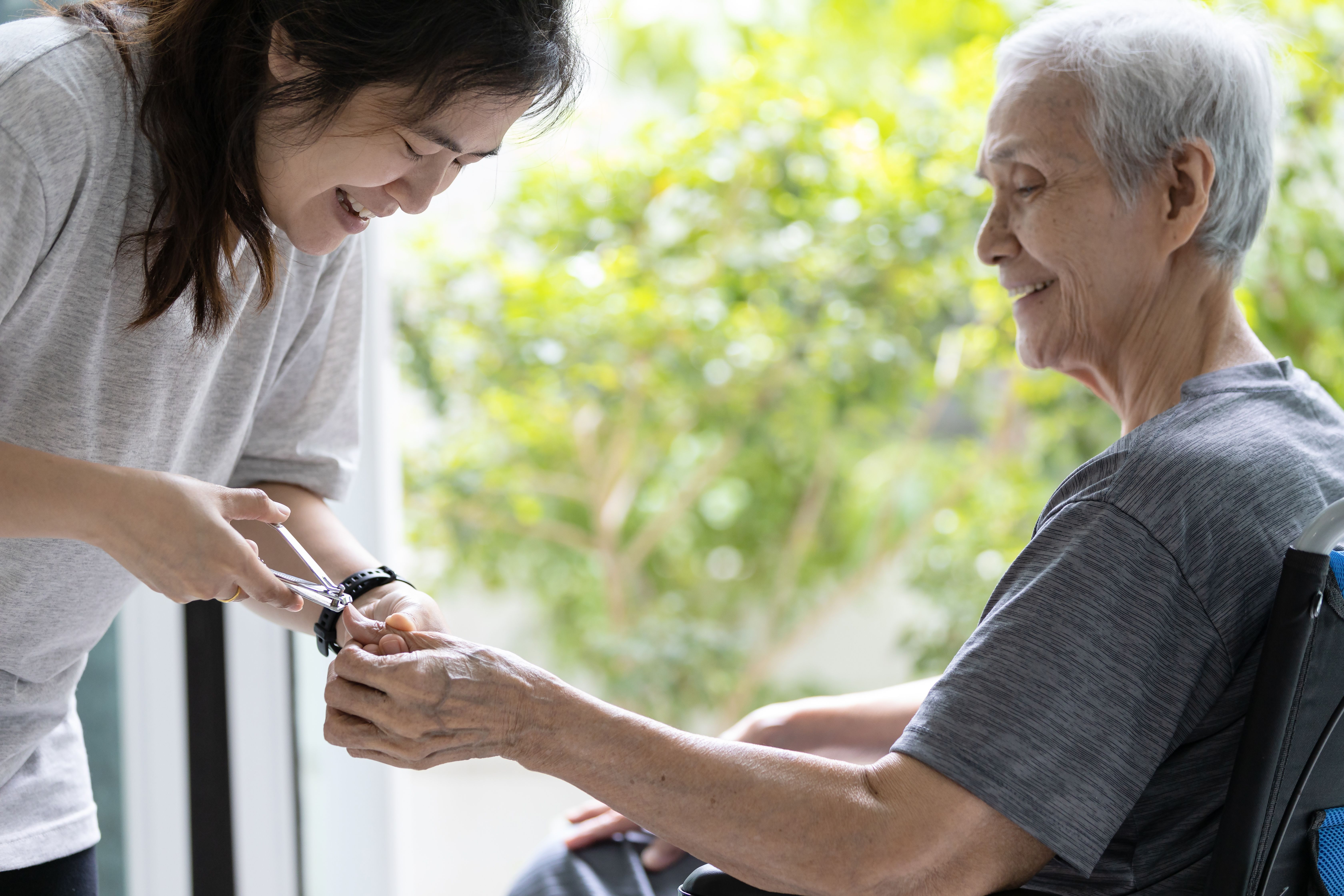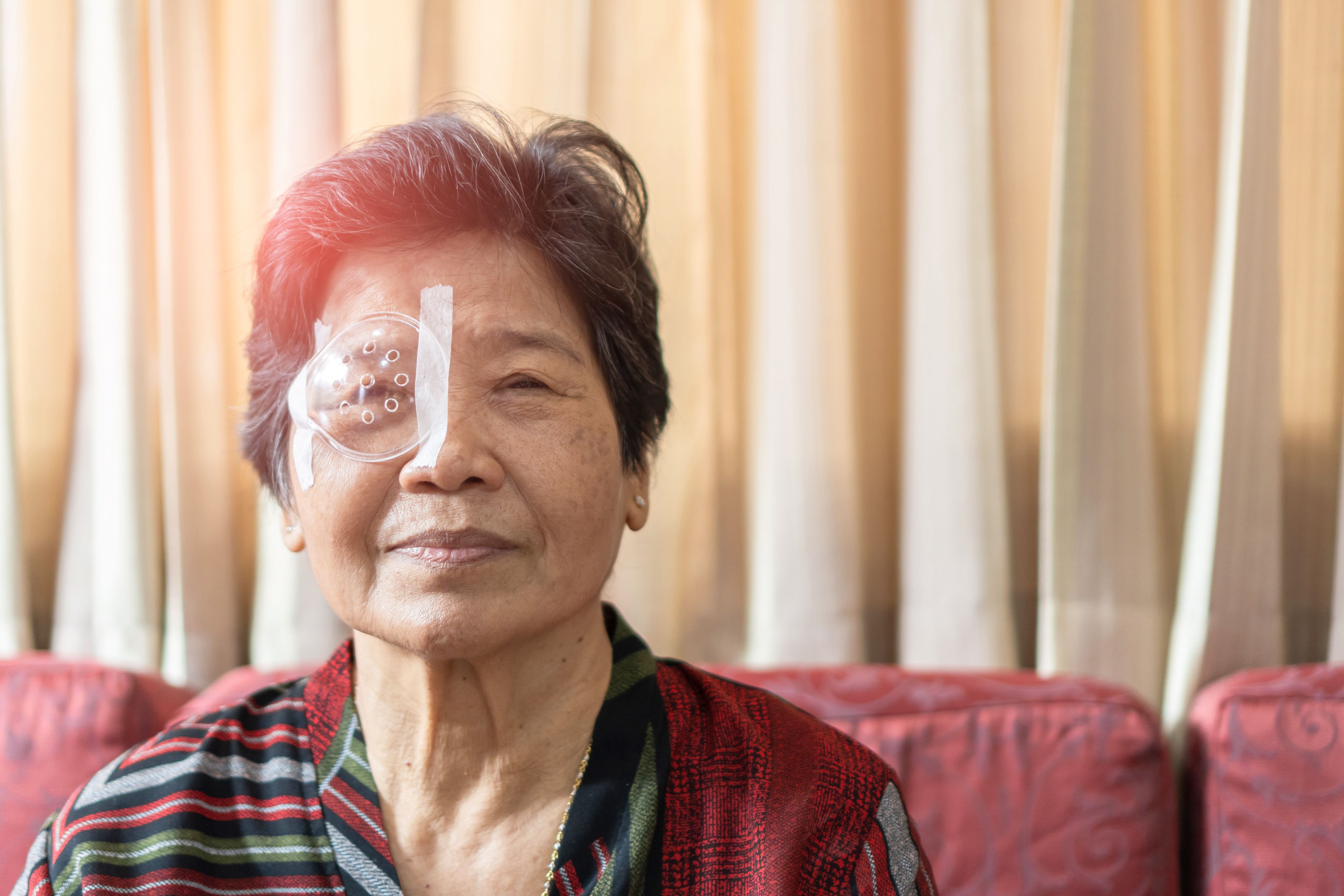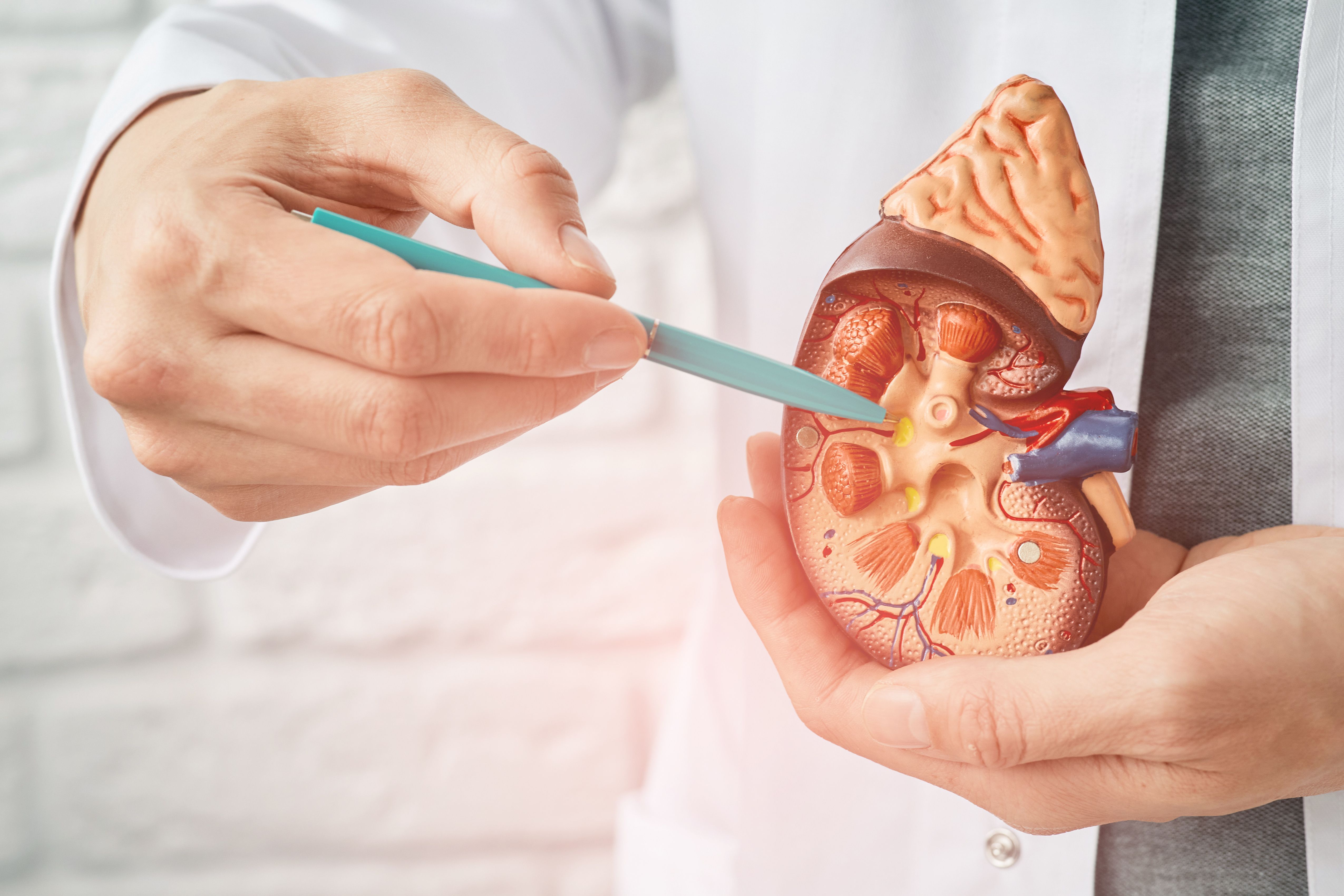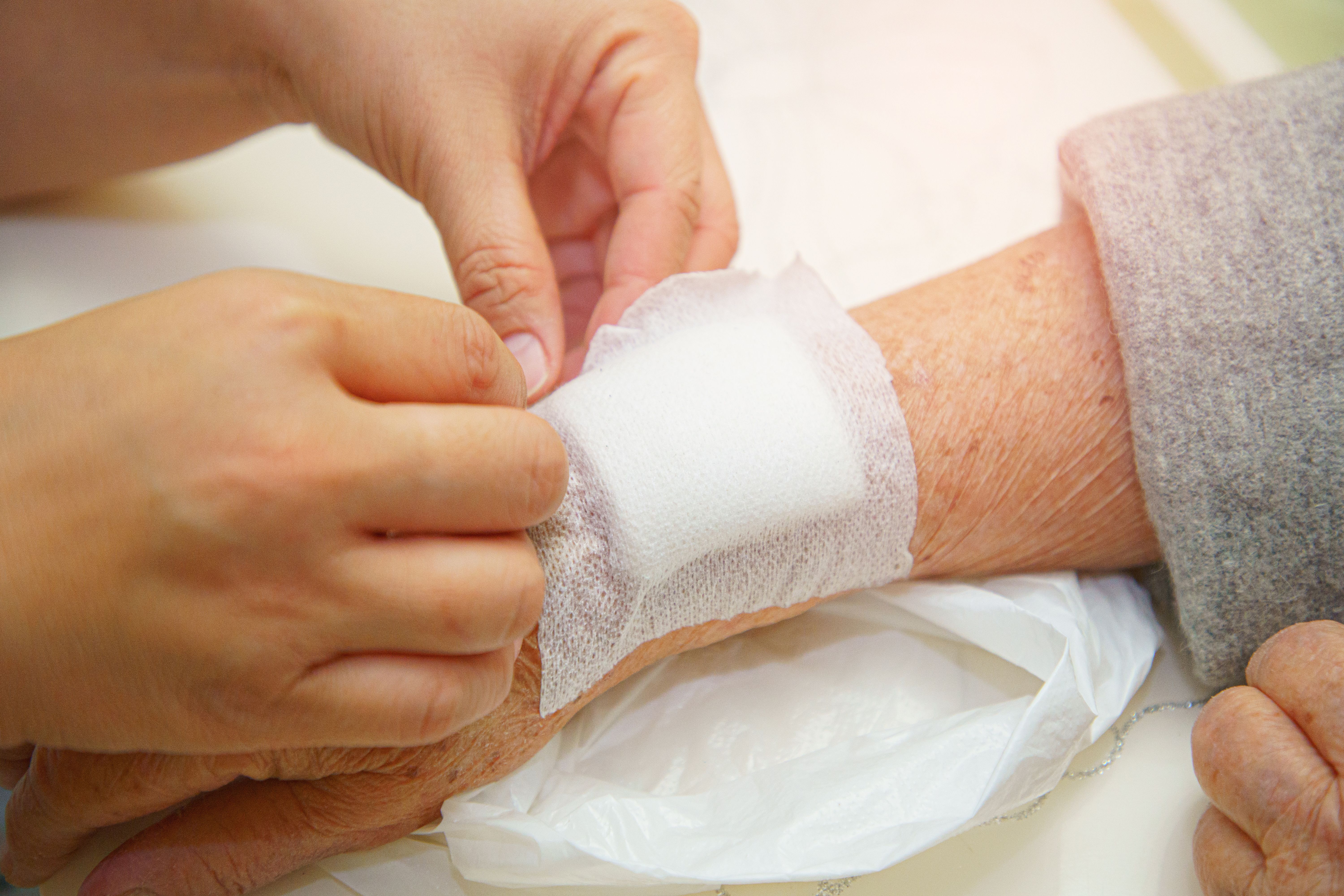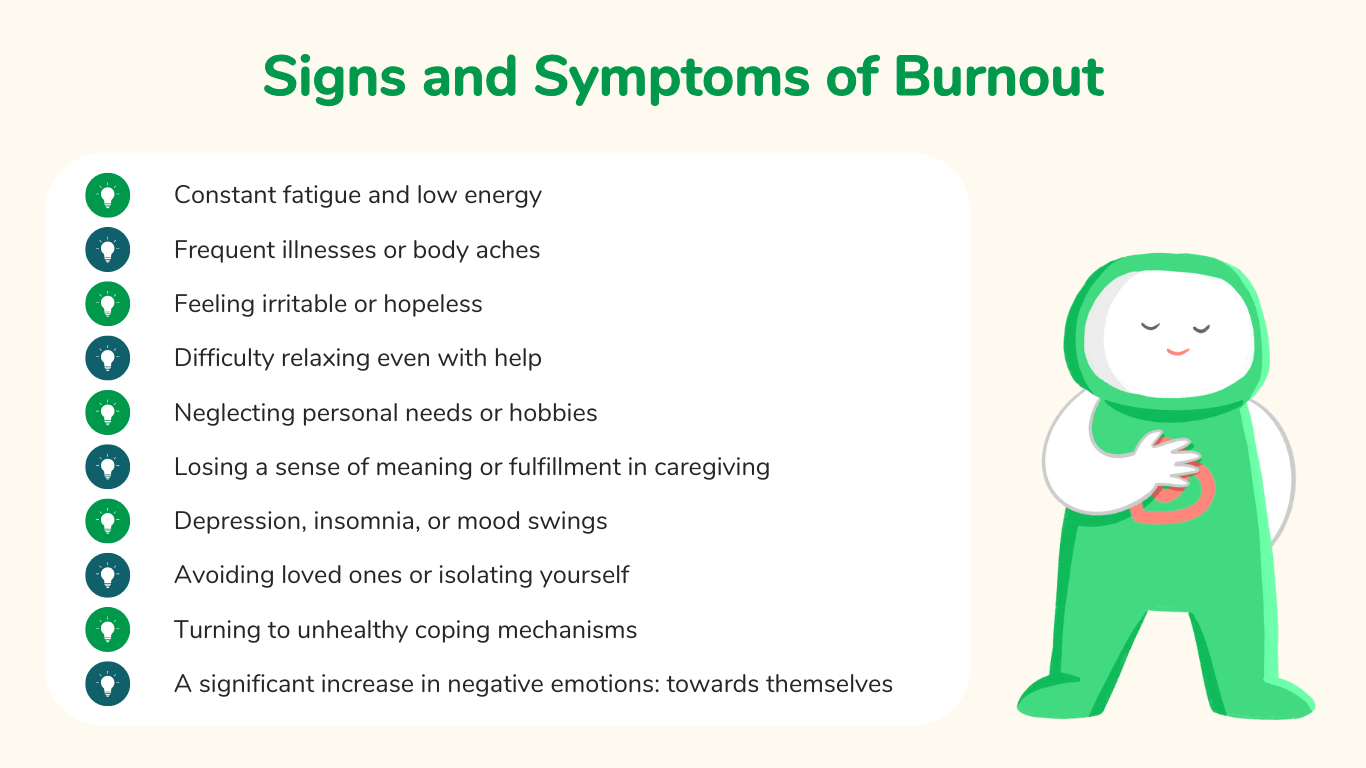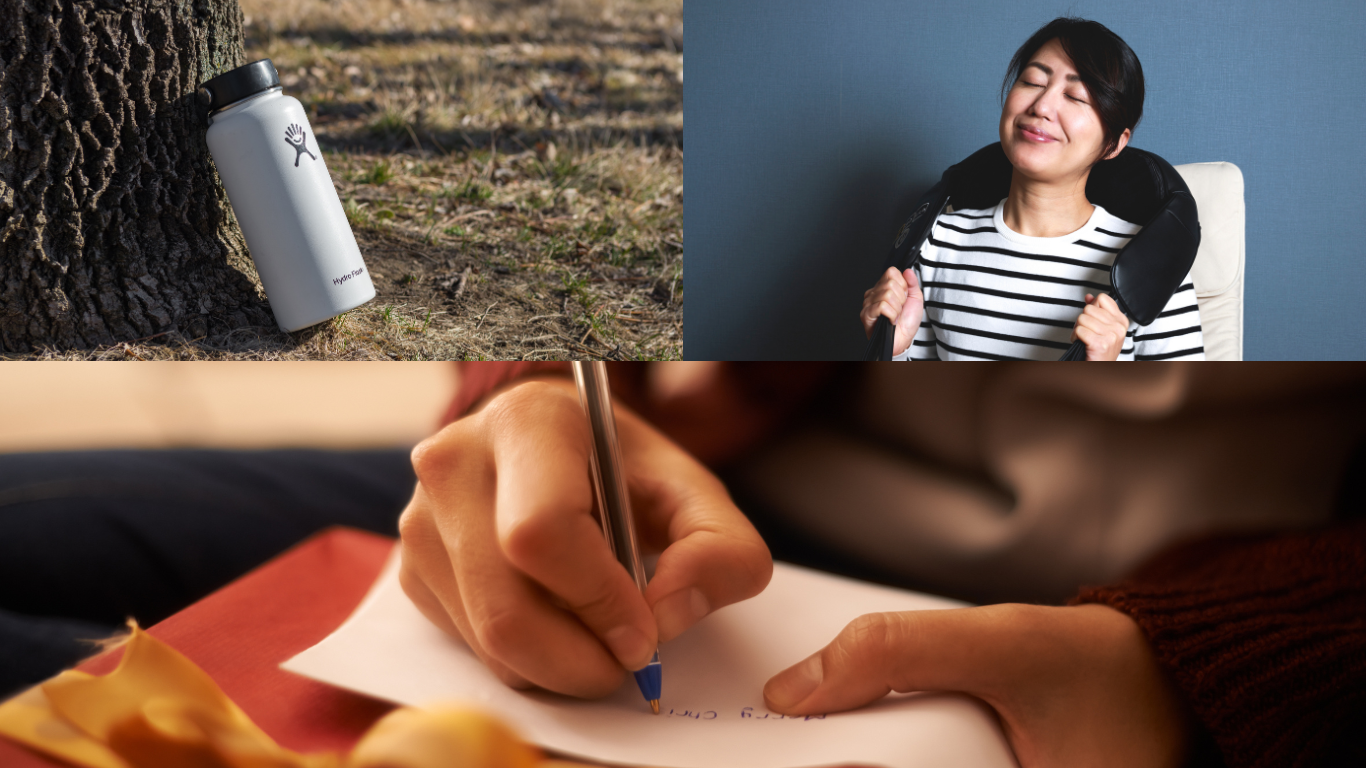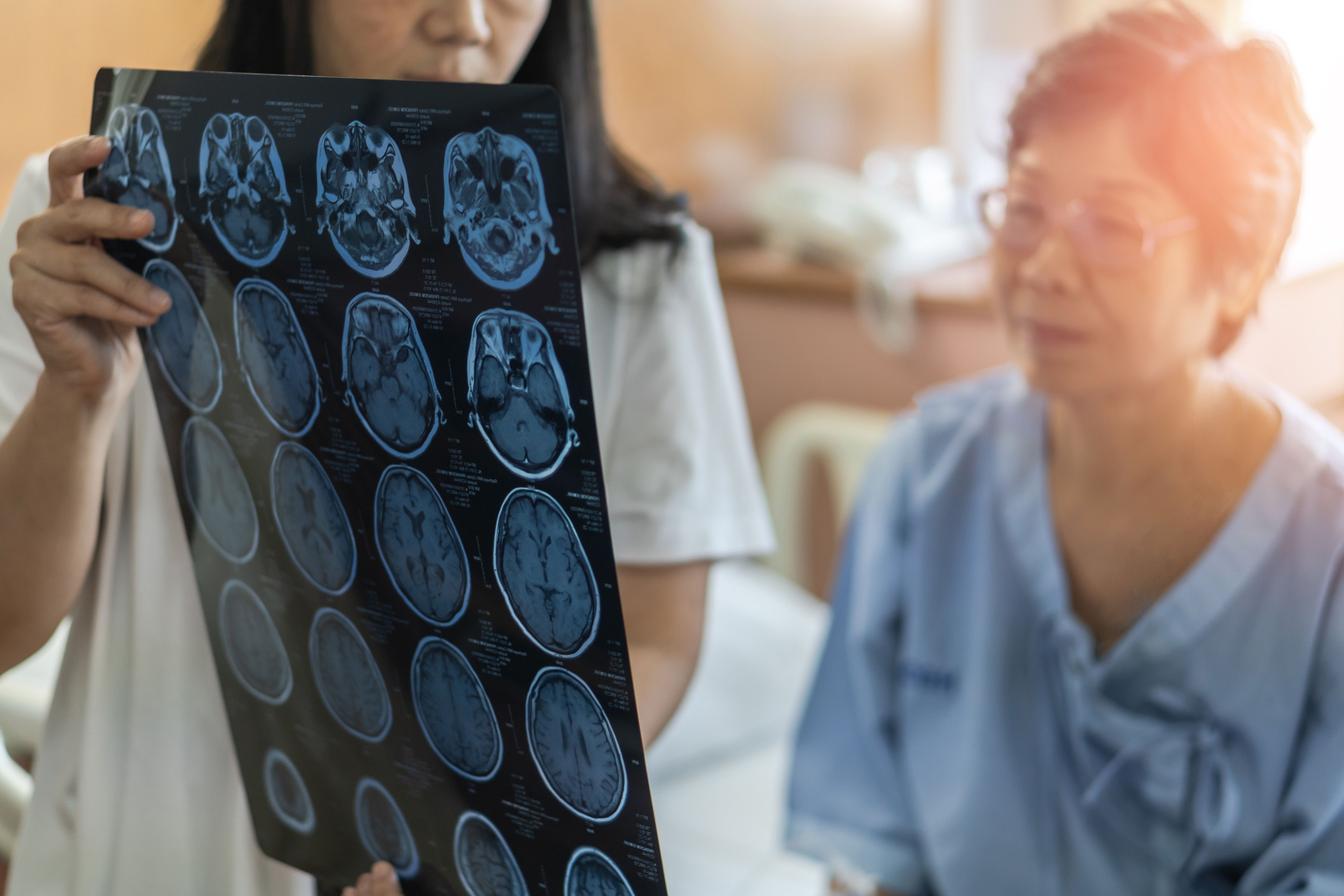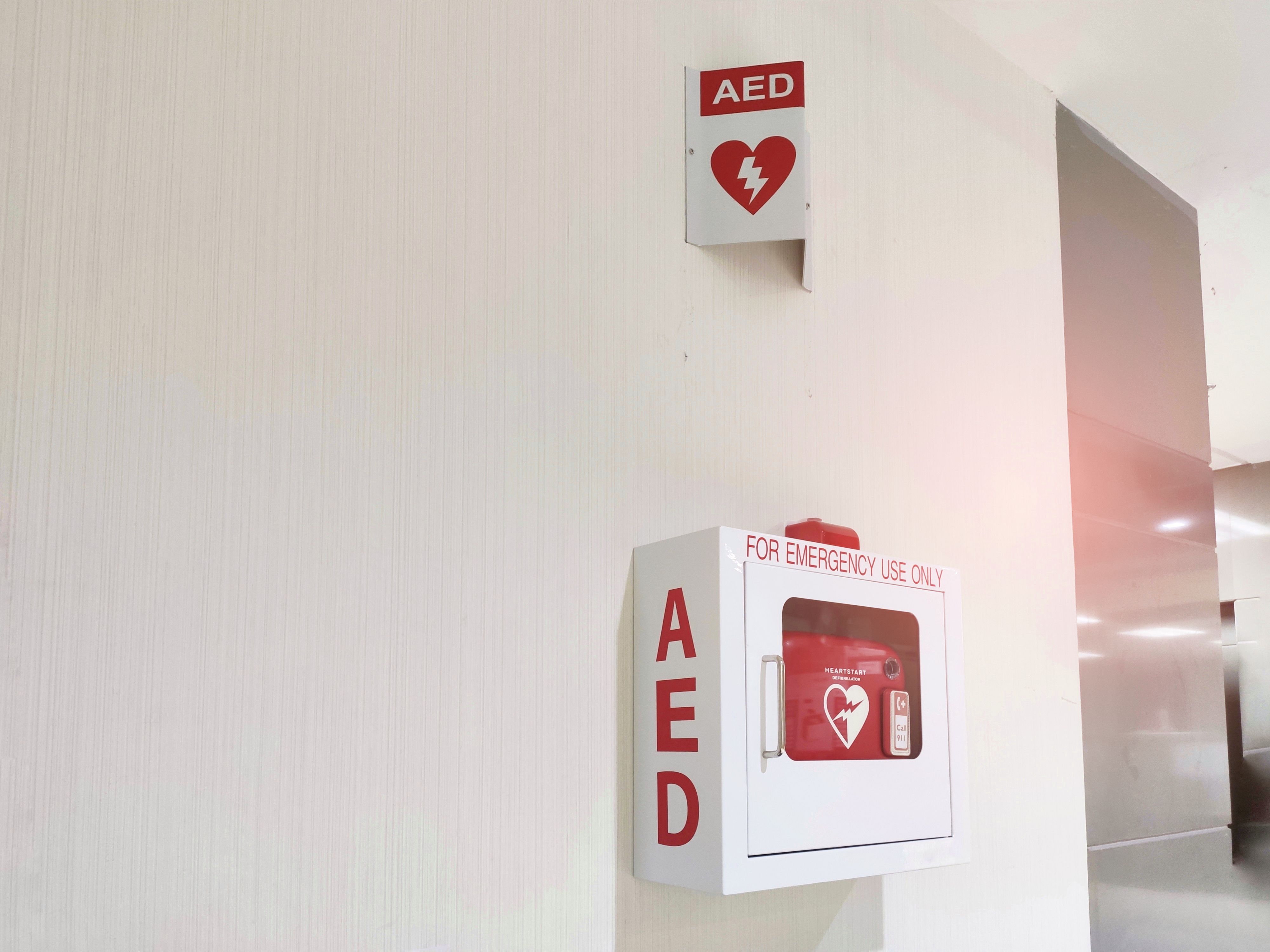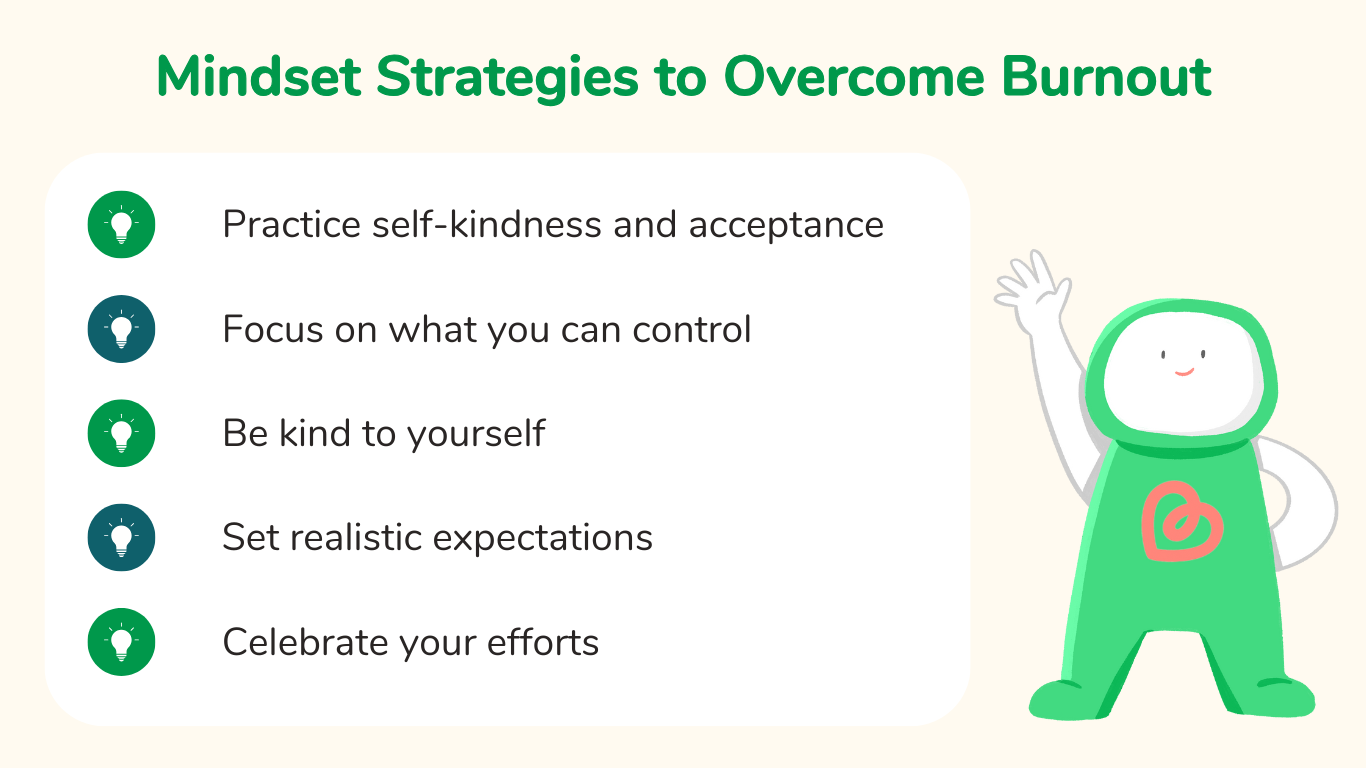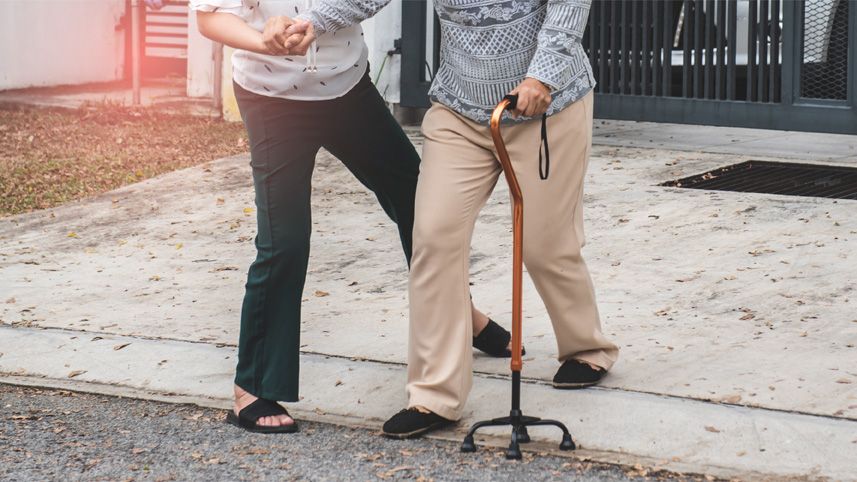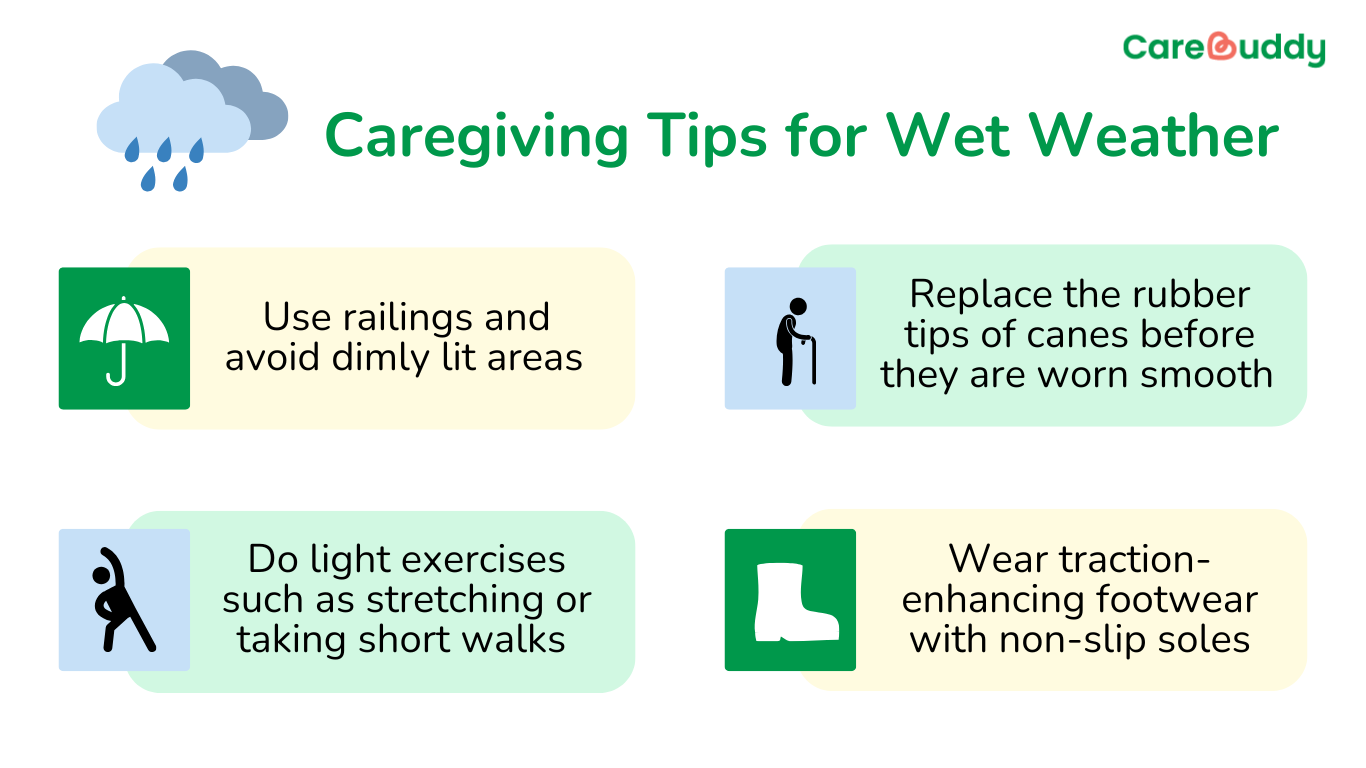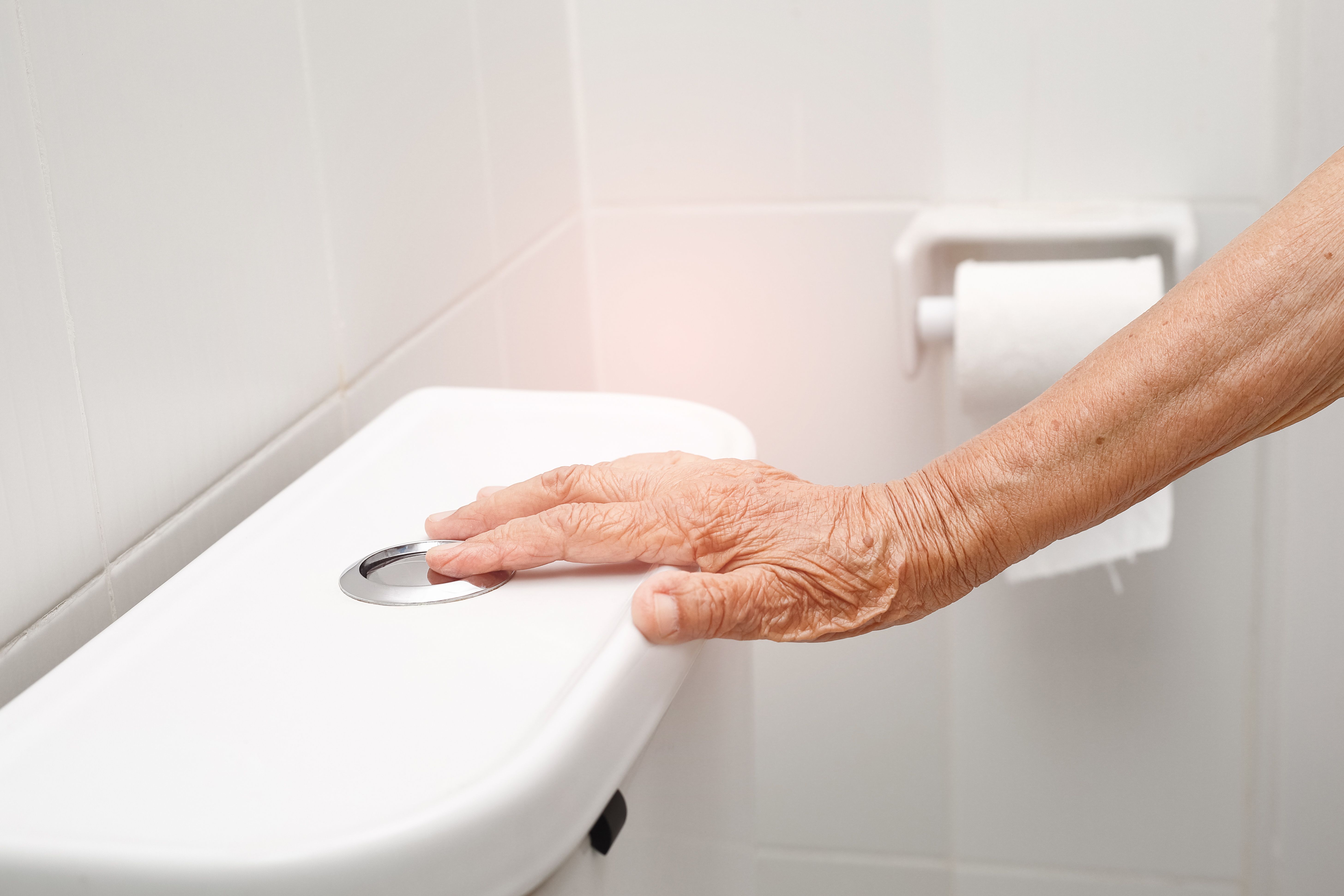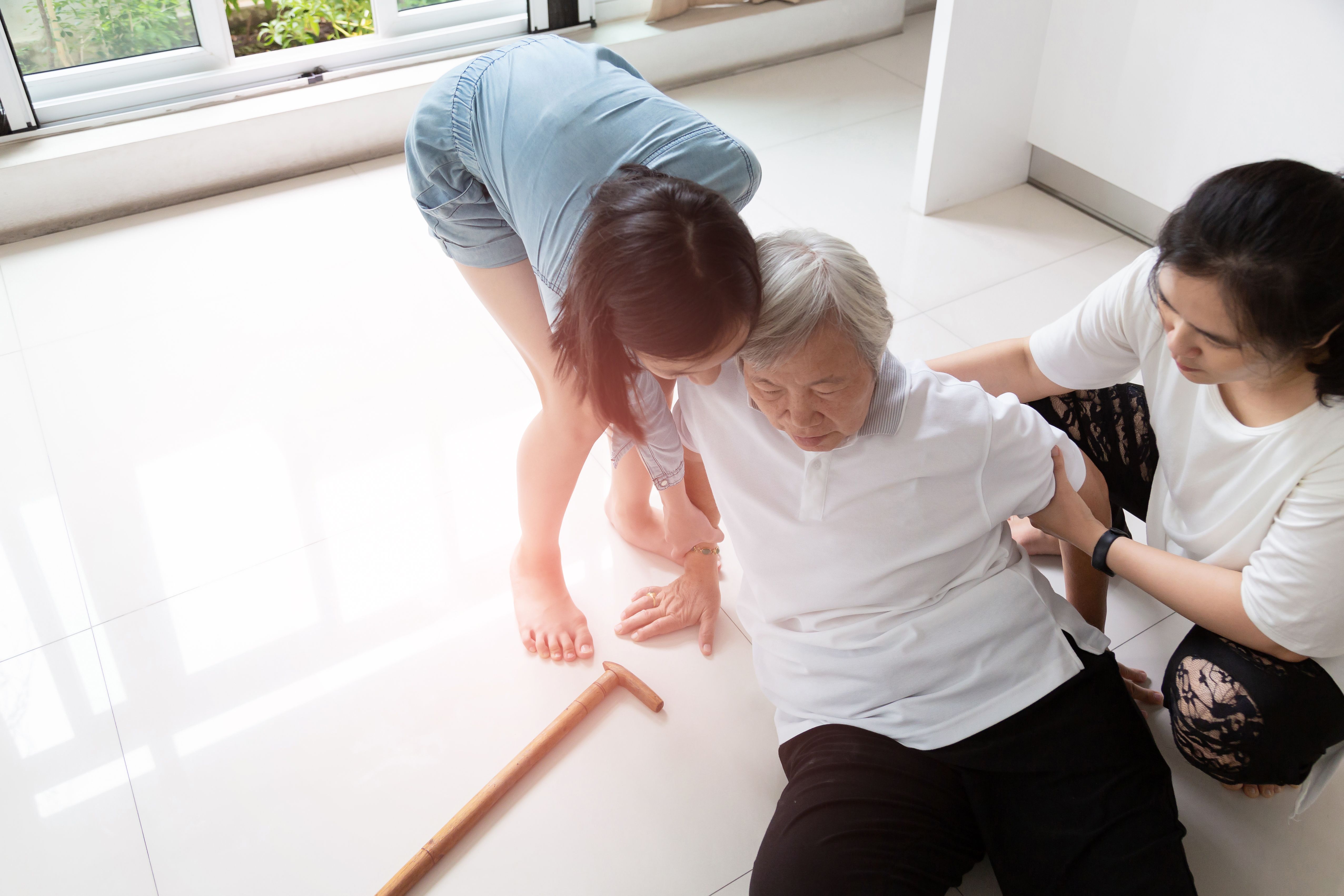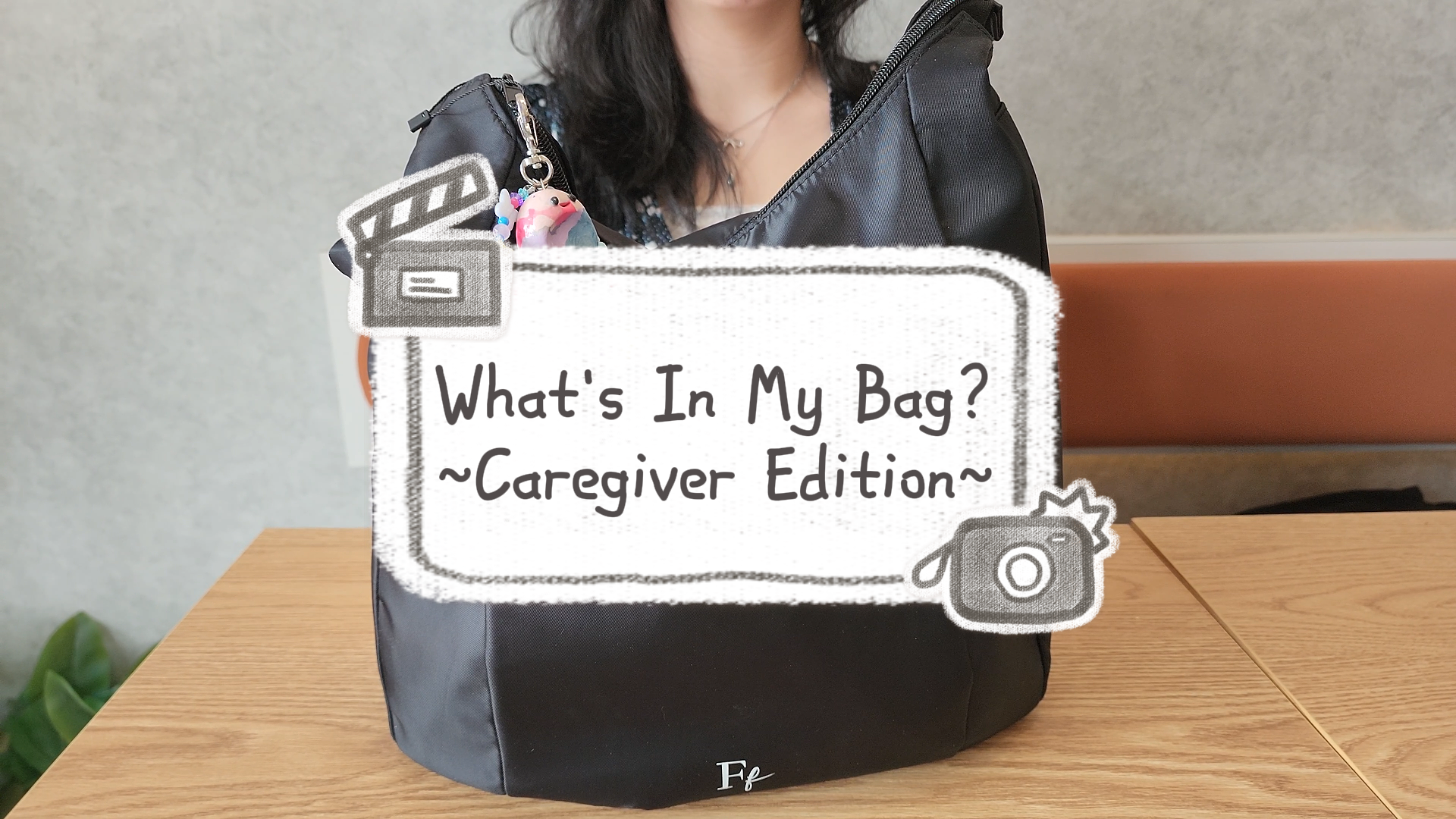Ensuring that old is gold: The basics of caring for elderly care receivers
- CareBuddy
- 4 Mins Read
- 19 Sep 2022
- Elderly Care

Singapore has a rapidly aging population with 1 in 4 people in the country expected to be above the age of 65 by 2030. This means an ever-increasing need for people who know how to be caregivers to elderly care receivers. The first step to caring for elderly care receivers is to know what the aging process is and what are all the changes you can expect to see in a care receiver.
What is aging?
Aging is a gradual process of natural change in a person. A lifetime of molecular and cellular damage accumulates and causes changes in various aspects of a person’s body. Though there’s no specific age at which people are considered old, it’s sometimes arbitrarily assumed that old age begins at 65.
Physical changes due to aging
Vision
- Presbyopia: Small text is blurred and difficult to read
- Cataract: Turbidity of the lens, causing glare or poor vision
- Lacrimal fluid is not drained away from the eyes, causing heavy eyelids
Learn more about age-related vision issues at our “elderly care: physical changes to vision” article
Hearing
- Presbycusis: Hearing decline that starts at 60 and may result in all sounds being difficult to hear
- Difficulty in hearing high-tone sounds
- Distorted sounds
- Cerumen impaction: Earwax blocks the earhole and makes sounds hard to hear
Learn more about age-related hearing issues at our “elderly care: physical changes to hearing” article.
Taste
- Taste affects appetite, hence the risk of malnutrition may be higher with less food intake in older persons
Bones and Muscles
- Osteoporosis: Change in bone density causing back aches, waist aches, bending and reduction of height
- Fractures: Shoulder, backbone, wrist or crotch fractures due to falls
- Muscle weakness leads to less flexibility and lower endurance
- Joint stiffening causes pain, deformation and reduced moving range
Oral
- Tooth decay or periodontal diseases may cause loss of teeth or reduced biting force
- Saliva secretion reduces, causing bad breath and a decline of digestive function
- Taste buds become less sensitive to taste
- Decreased swallowing ability may make it more difficult to eat
- Aspiration: Food may enter the windpipe and cause choking or lung issues such as aspiration pneumonitis (acute lung injury due to inhalation of foreign objects)
Urinary
- Men are susceptible to prostate enlargement
- Women are susceptible to urinary tract infection
- Urinary incontinence: Urine is discharged unknowingly
Learn more about urinary incontinence in our “elderly care: abnormal urinary frequency” article.
Sleep Disorders
- Sleep-onset insomnia: Difficulty falling asleep
- Insomnia: Even after a long sleep, there’s little satisfaction of sleeping
- Awakening after sleep onset
- Early-morning awakening
Learn more about sleep disorders at our “elderly care: changes to sleep patterns” article.
Circulation
- Heart’s left ventricle (which has a pumping function) enlarges, causing reduced pumping, palpitations and shortness of breath
- Blood vessels such as arteries are susceptible to hardening, reduced flexibility and bleeding
Respiration
- Reduced lung flexibility
- Reduced oxygen concentration in blood
- Bent-over position and shallow breathing due to muscle weakness
- Hard to eject sputum/phlegm
Mental and intellectual changes due to aging
- Dementia: Progressive worsening of memory and cognitive abilities
- Loneliness
- Anxiety
- Depression
- Post-traumatic Stress Disorders (PTSD)
Find out more about common mental health issues at our “mental health: overview” article.
Now that you’ve gained an overall understanding of issues faced by the elderly, it would be a good time to learn about how to read vital signs and observe symptoms of various conditions common to the elderly.
Article reviewed by David Tay, Senior Principal Educator (Nursing and Prehospital Care), HMI Institute.




